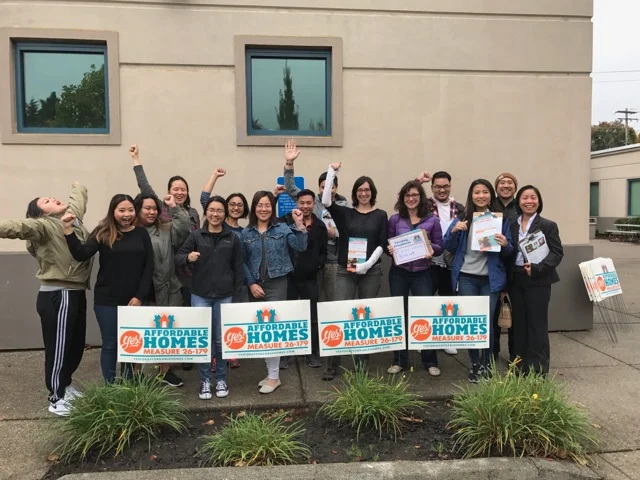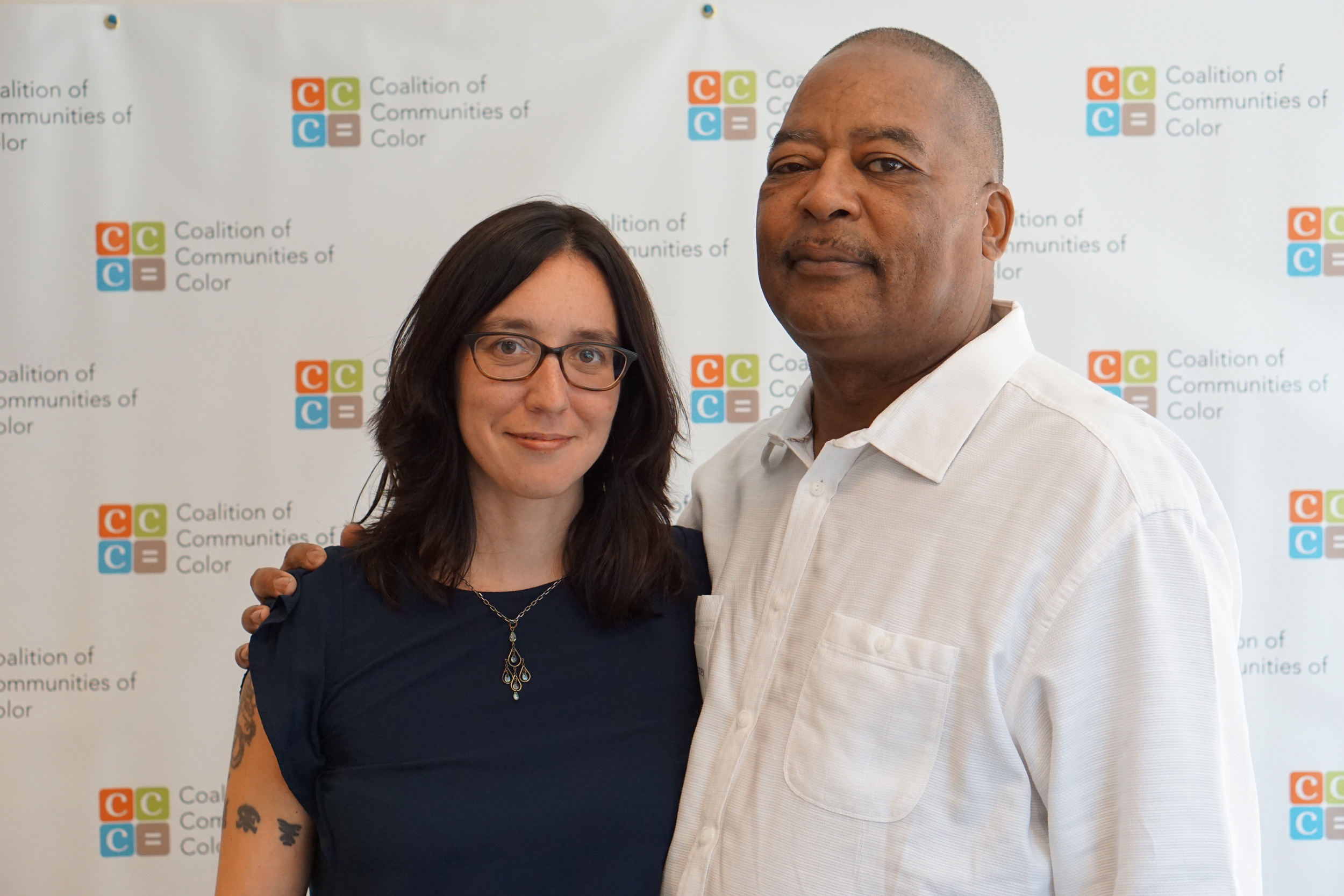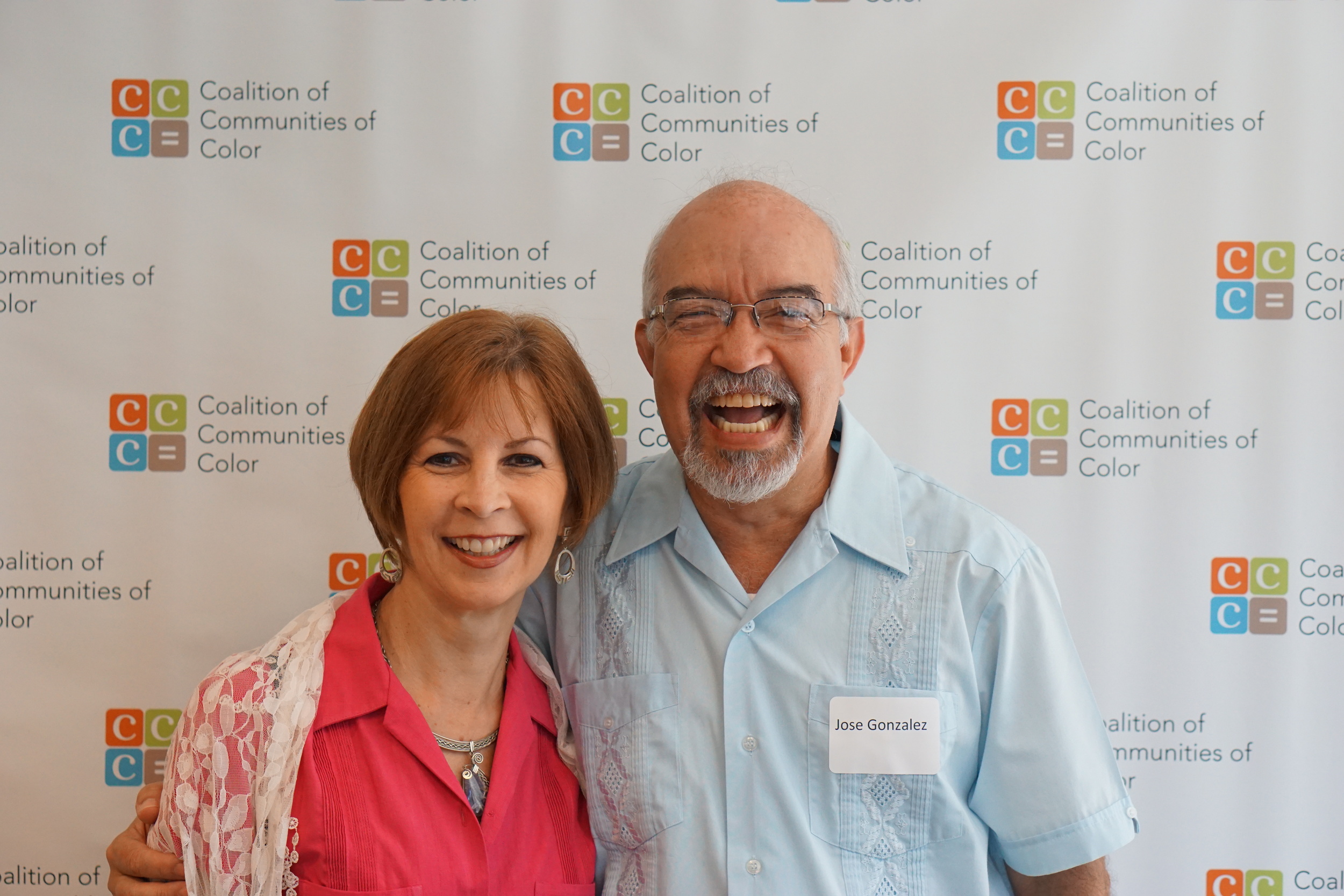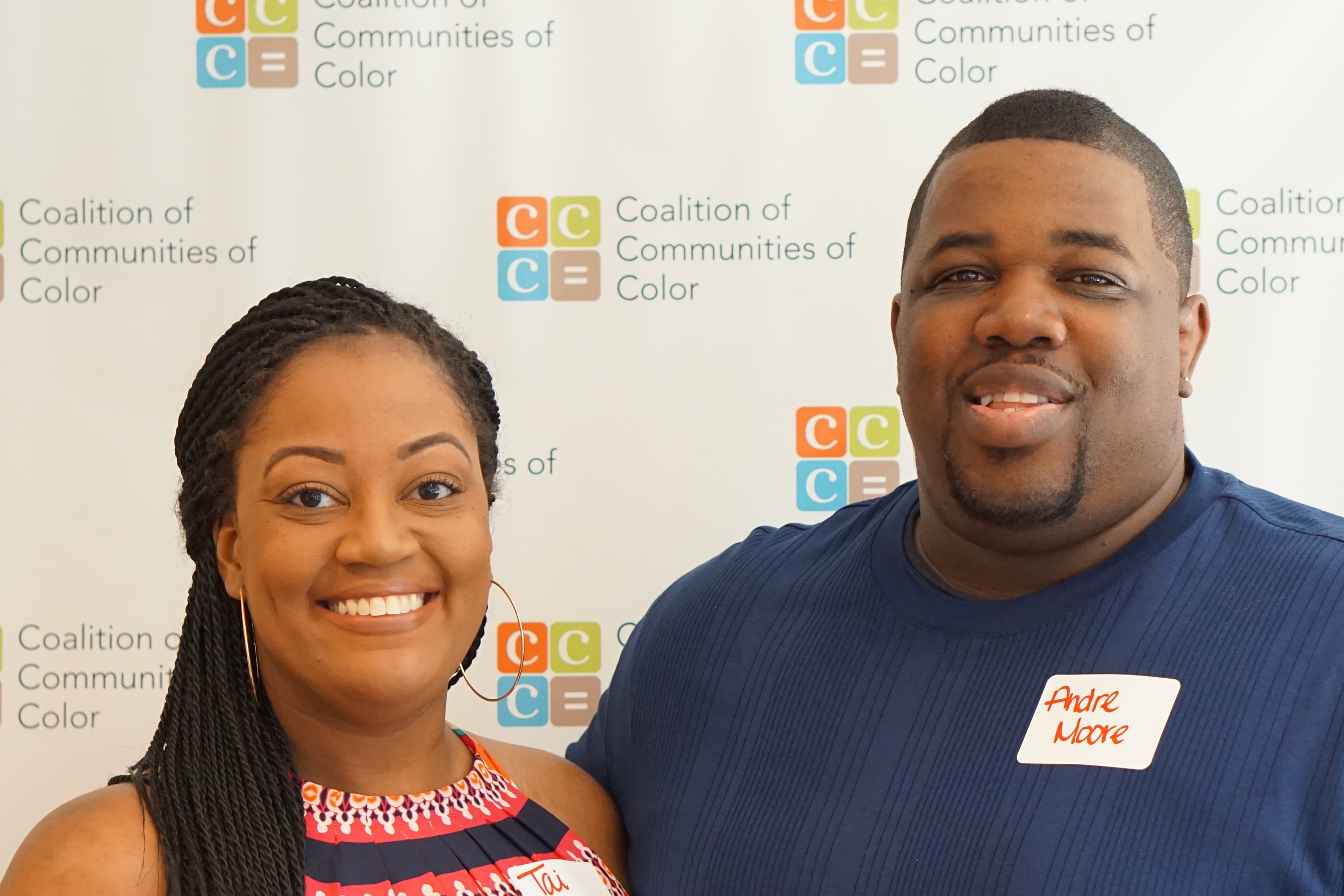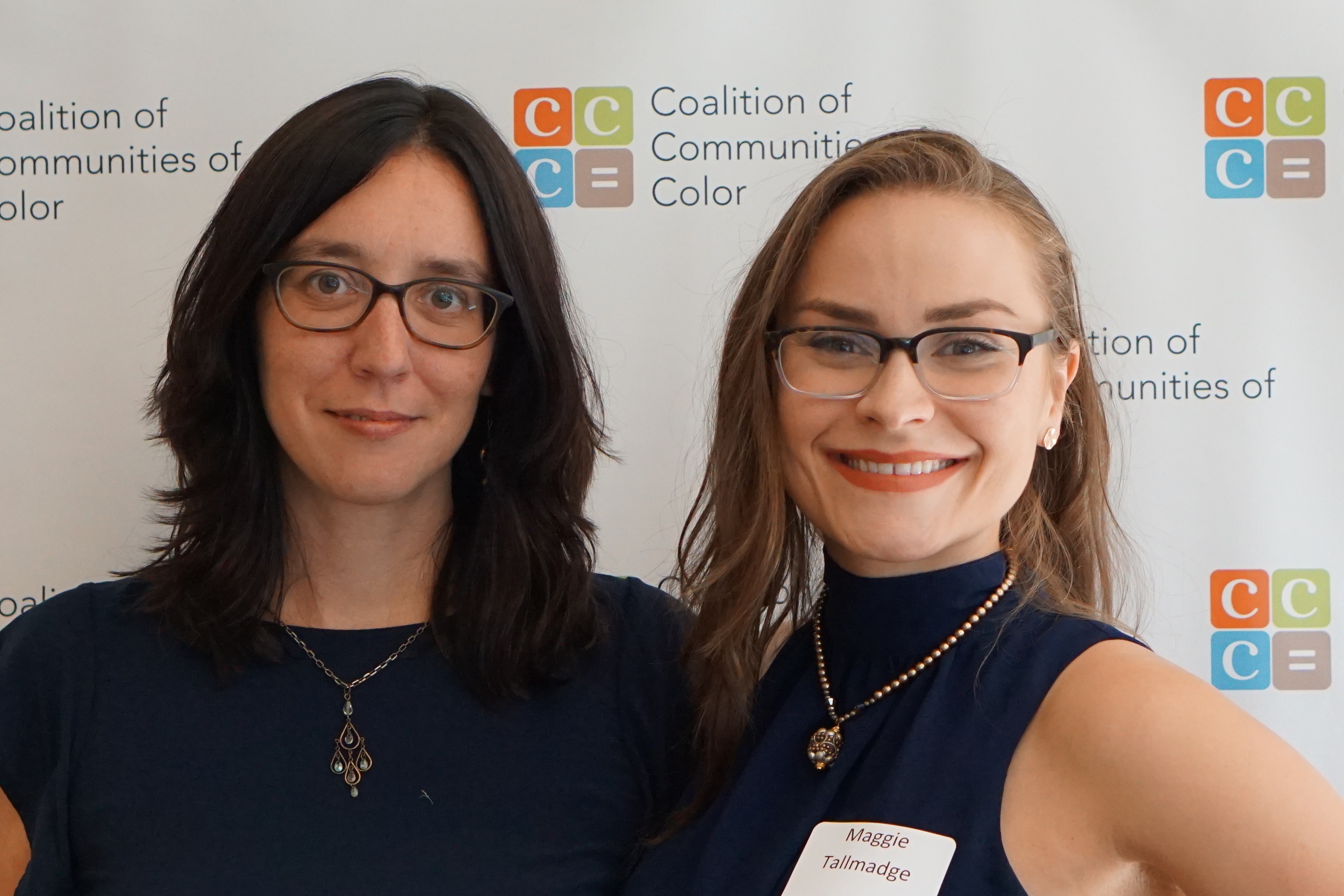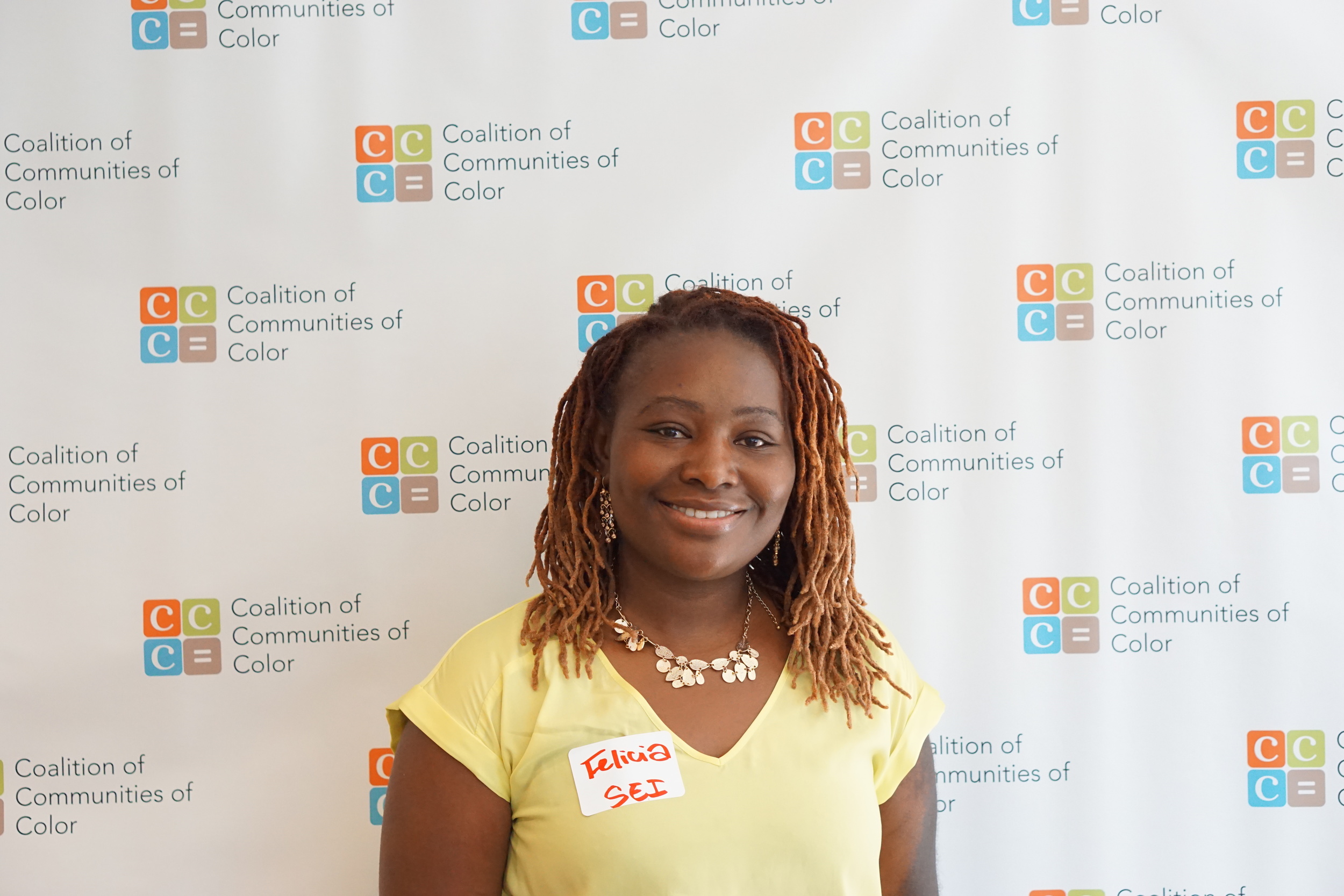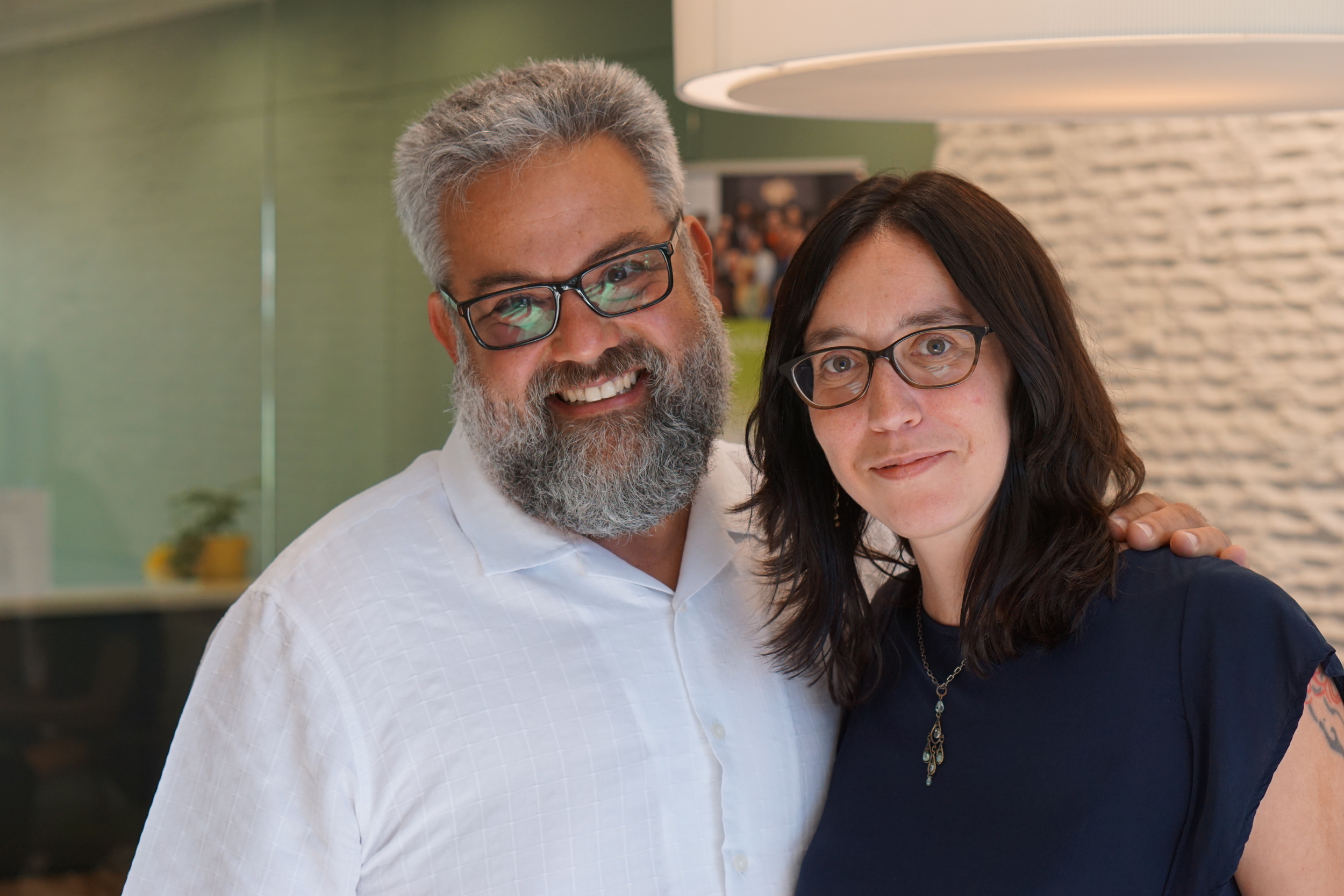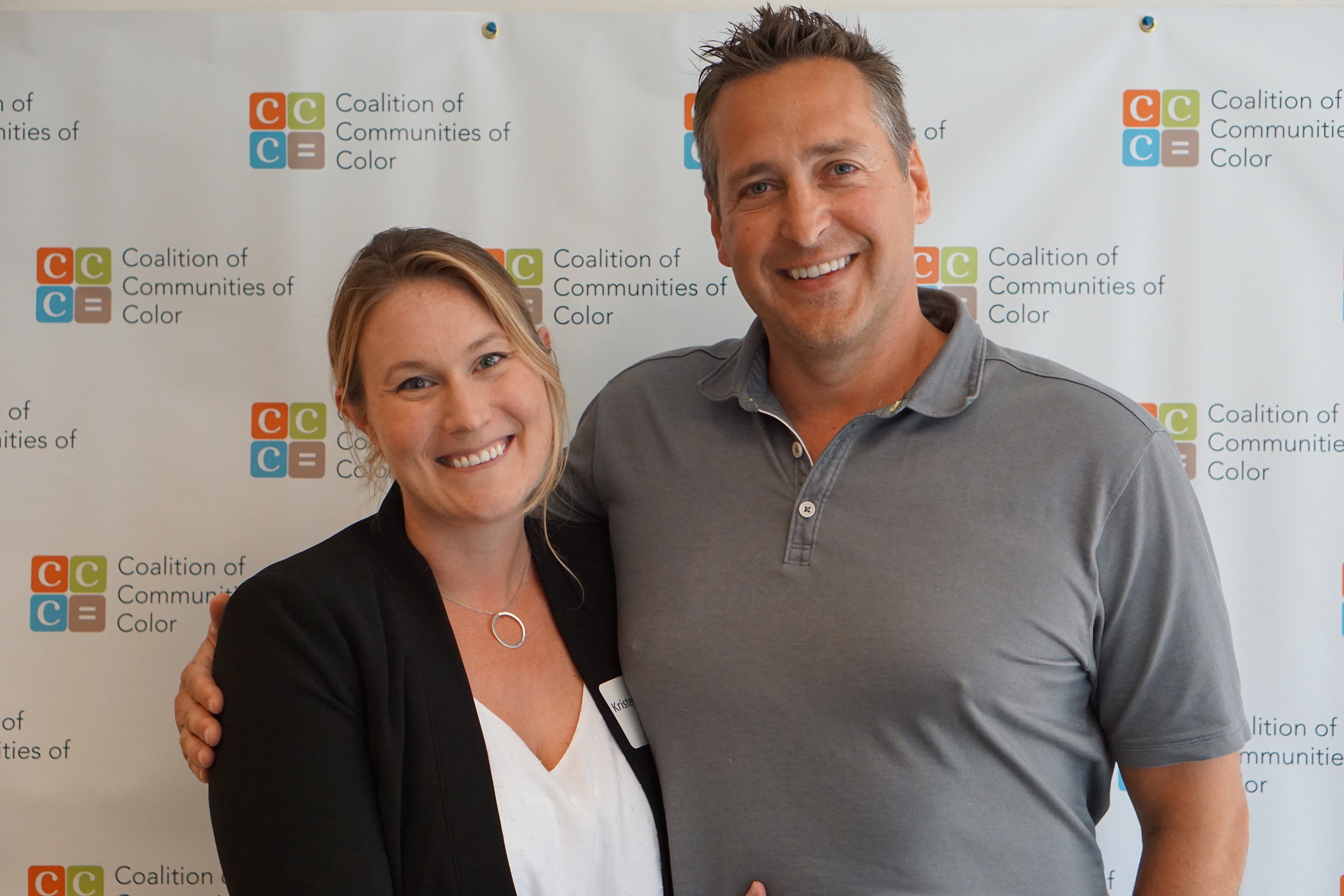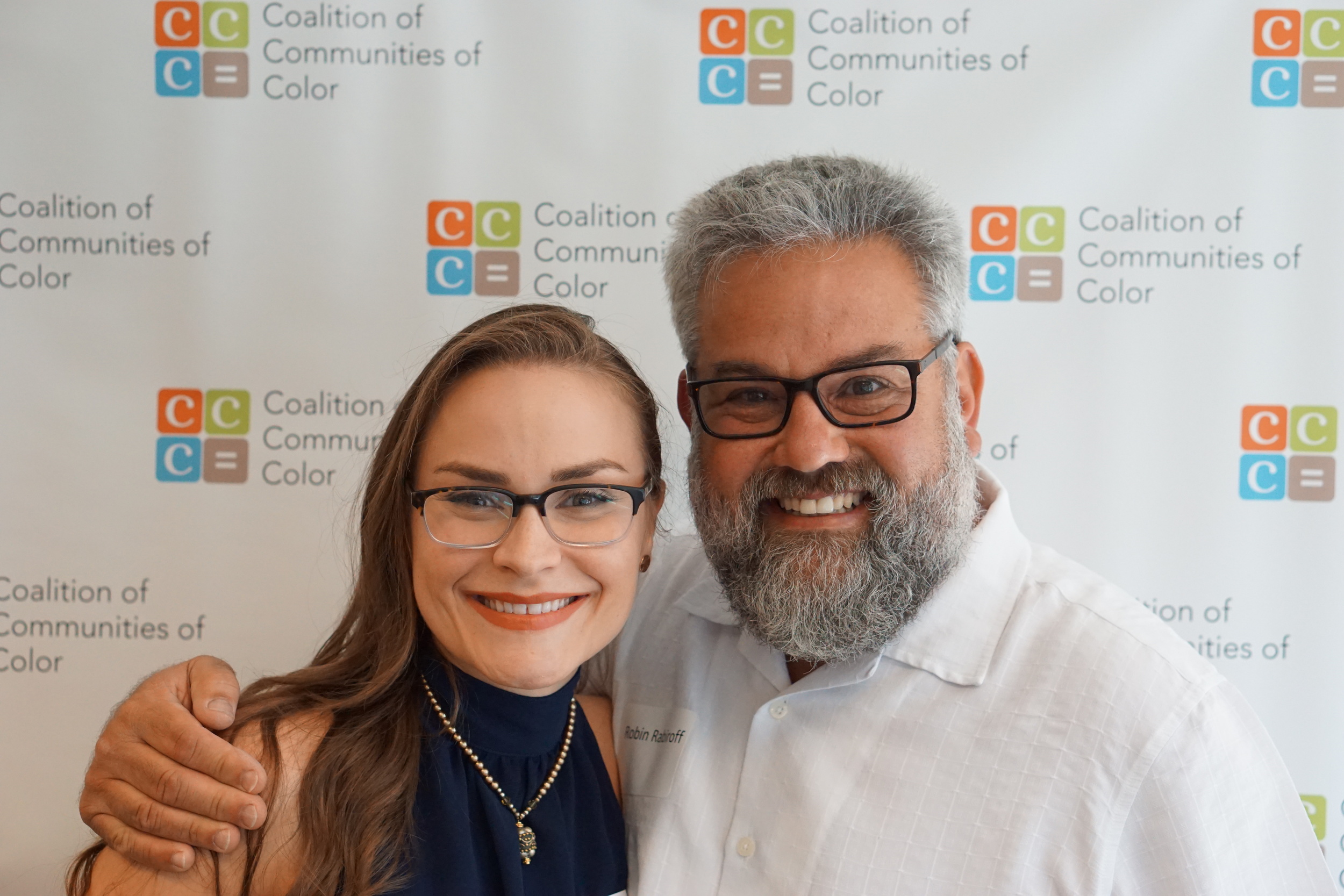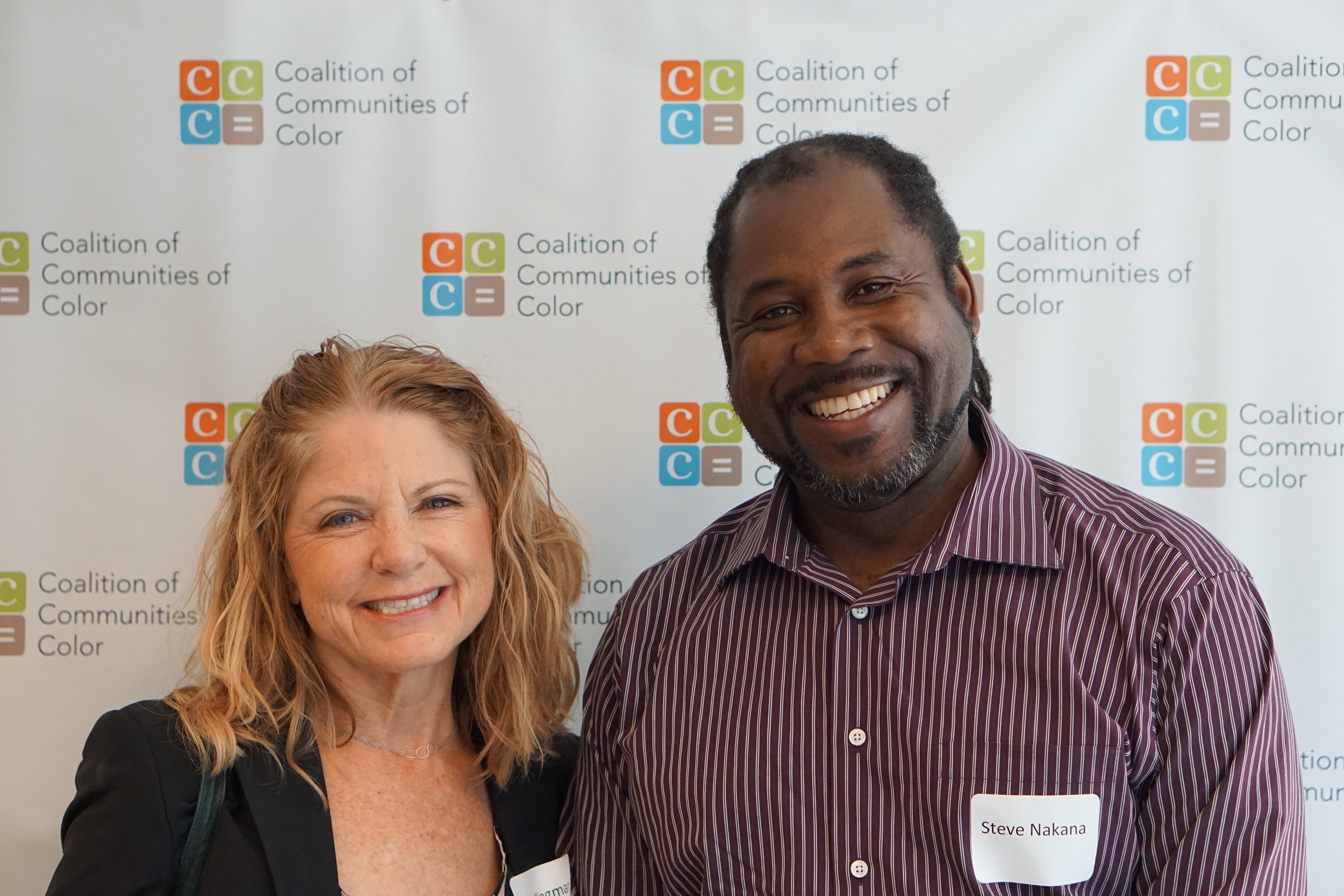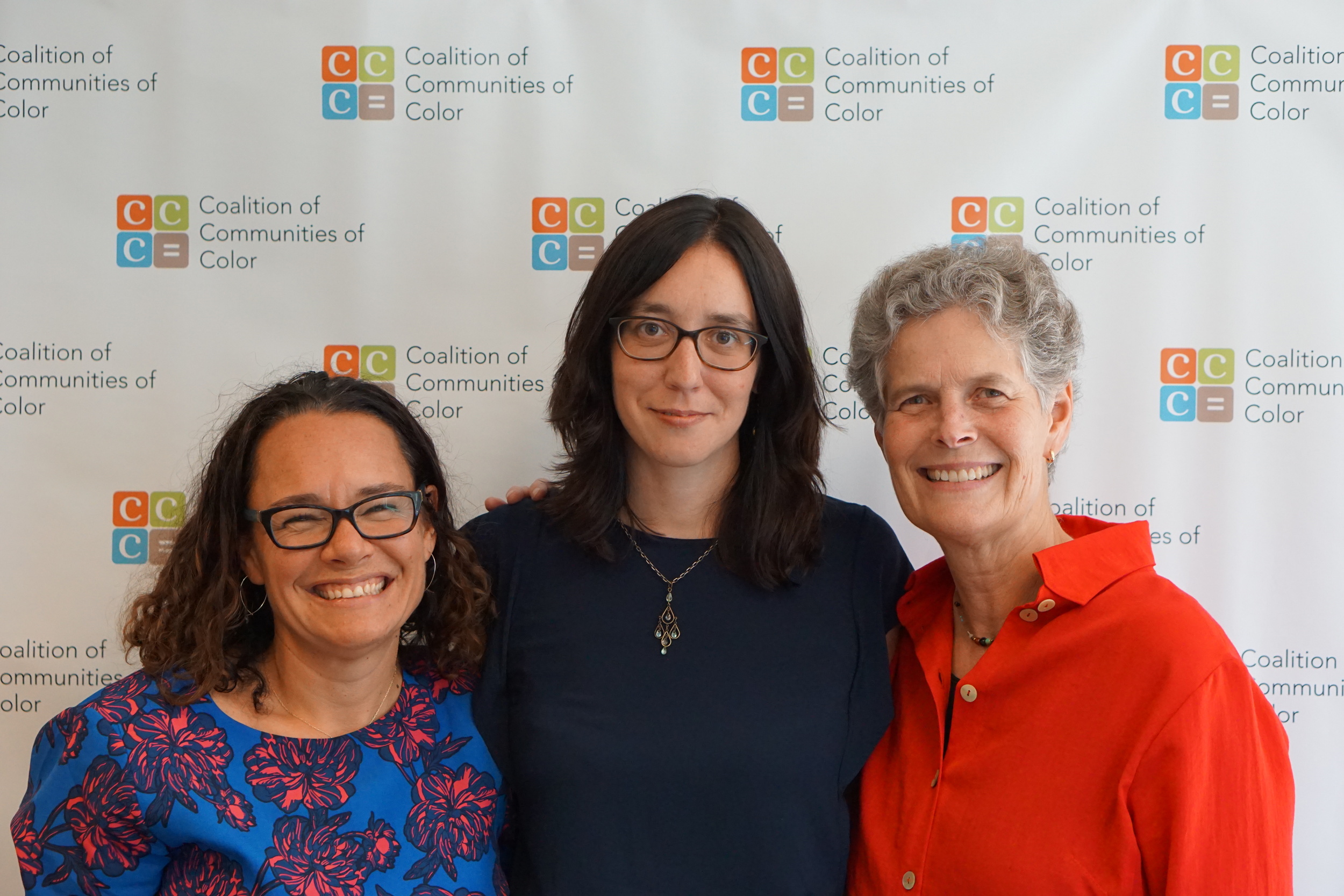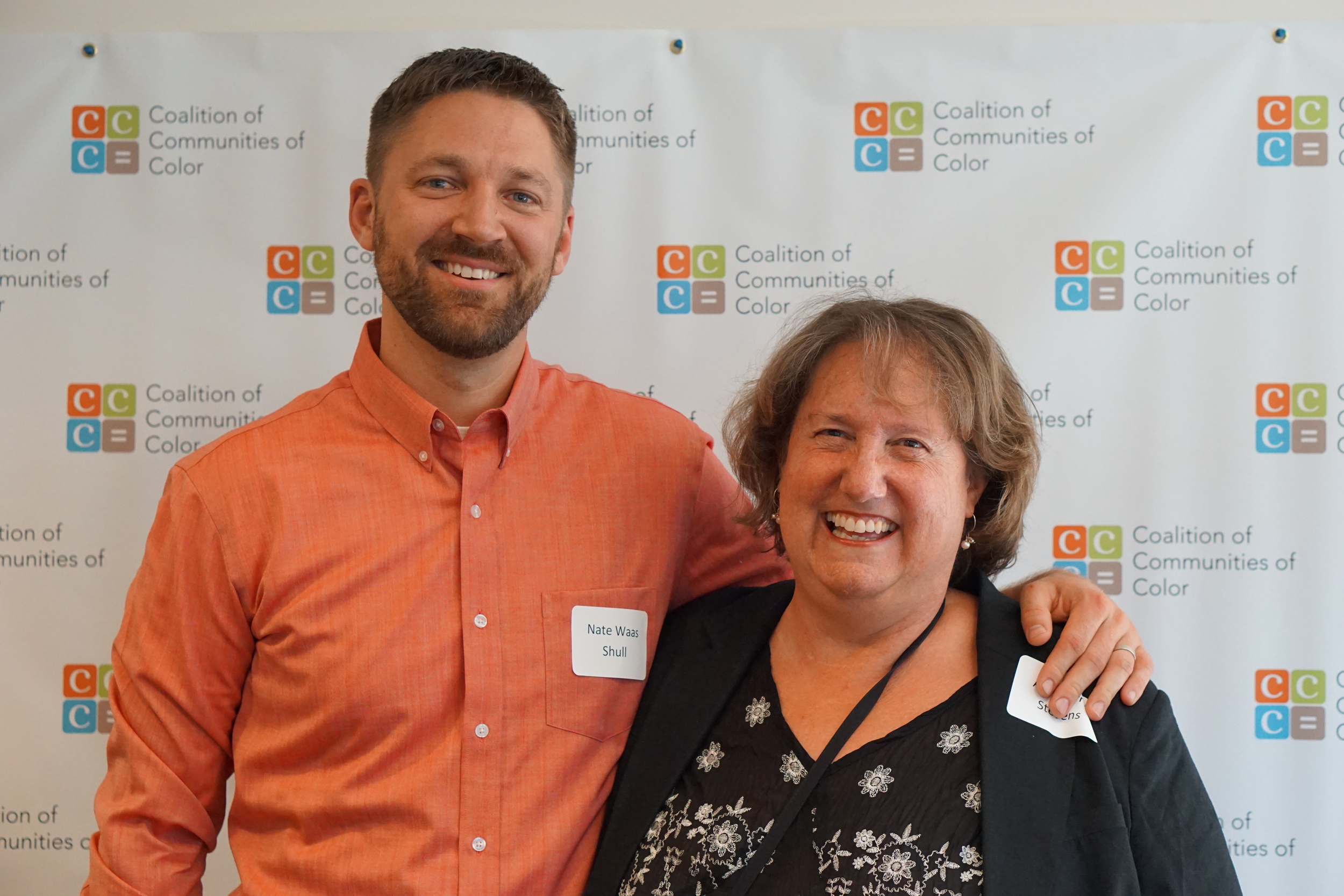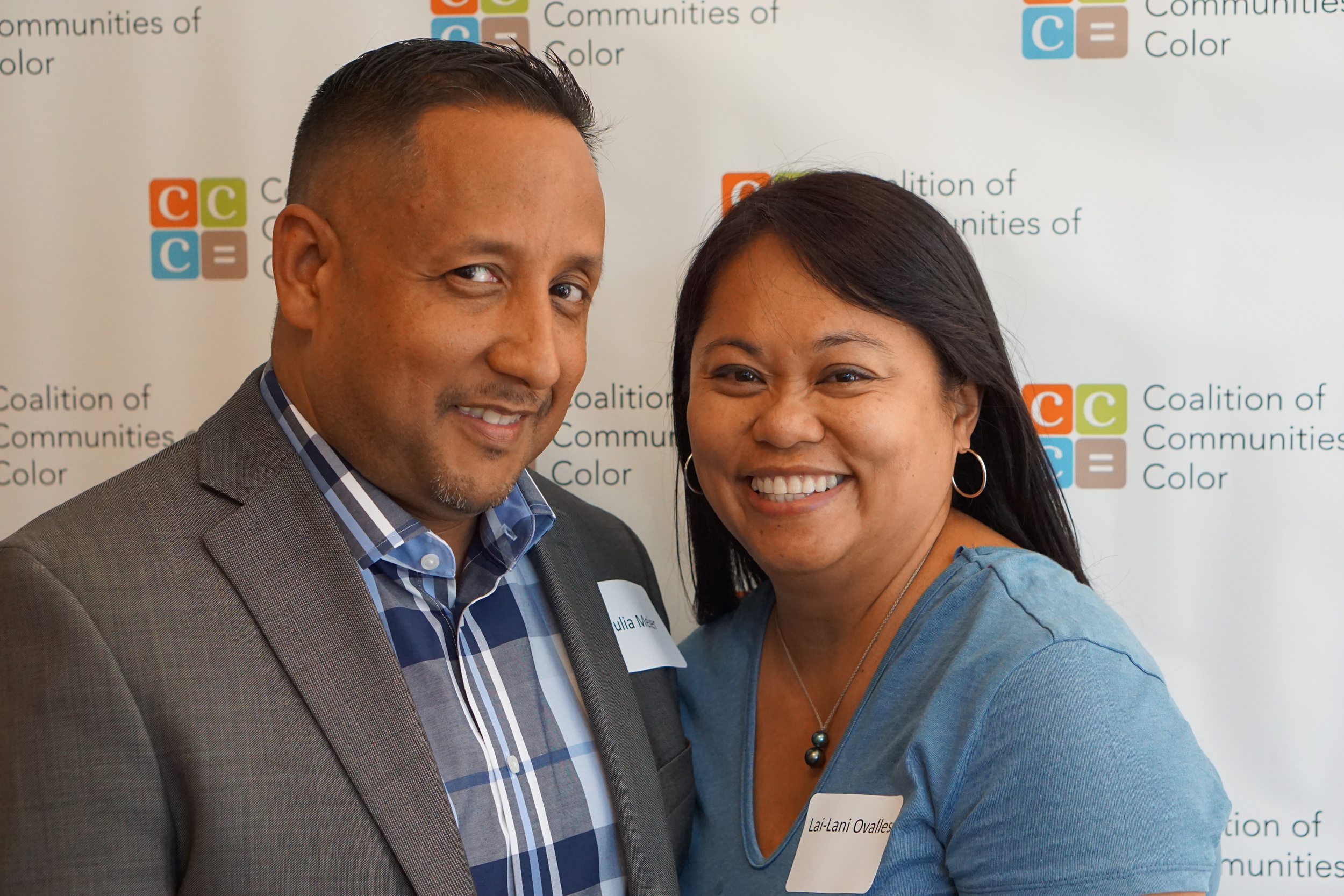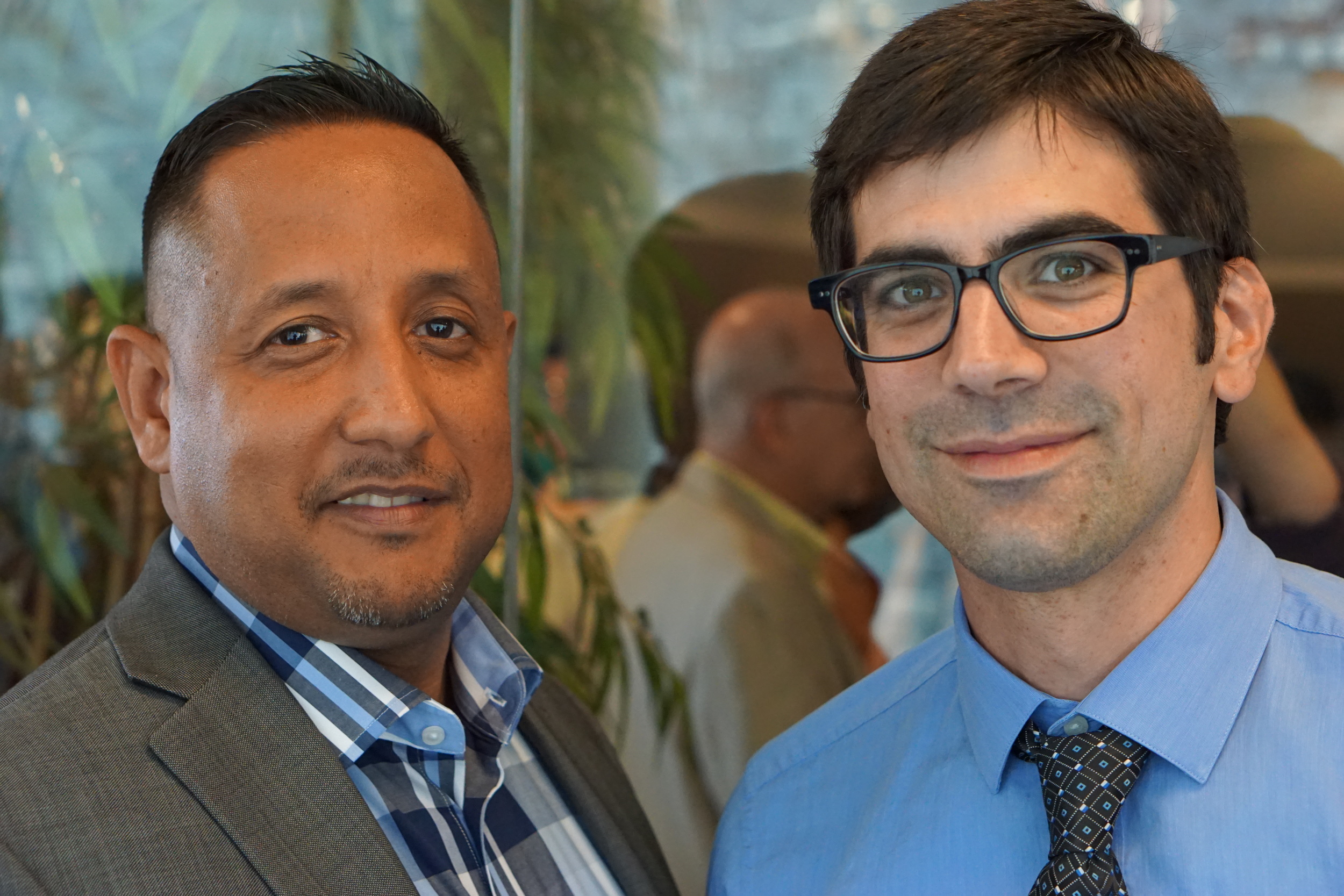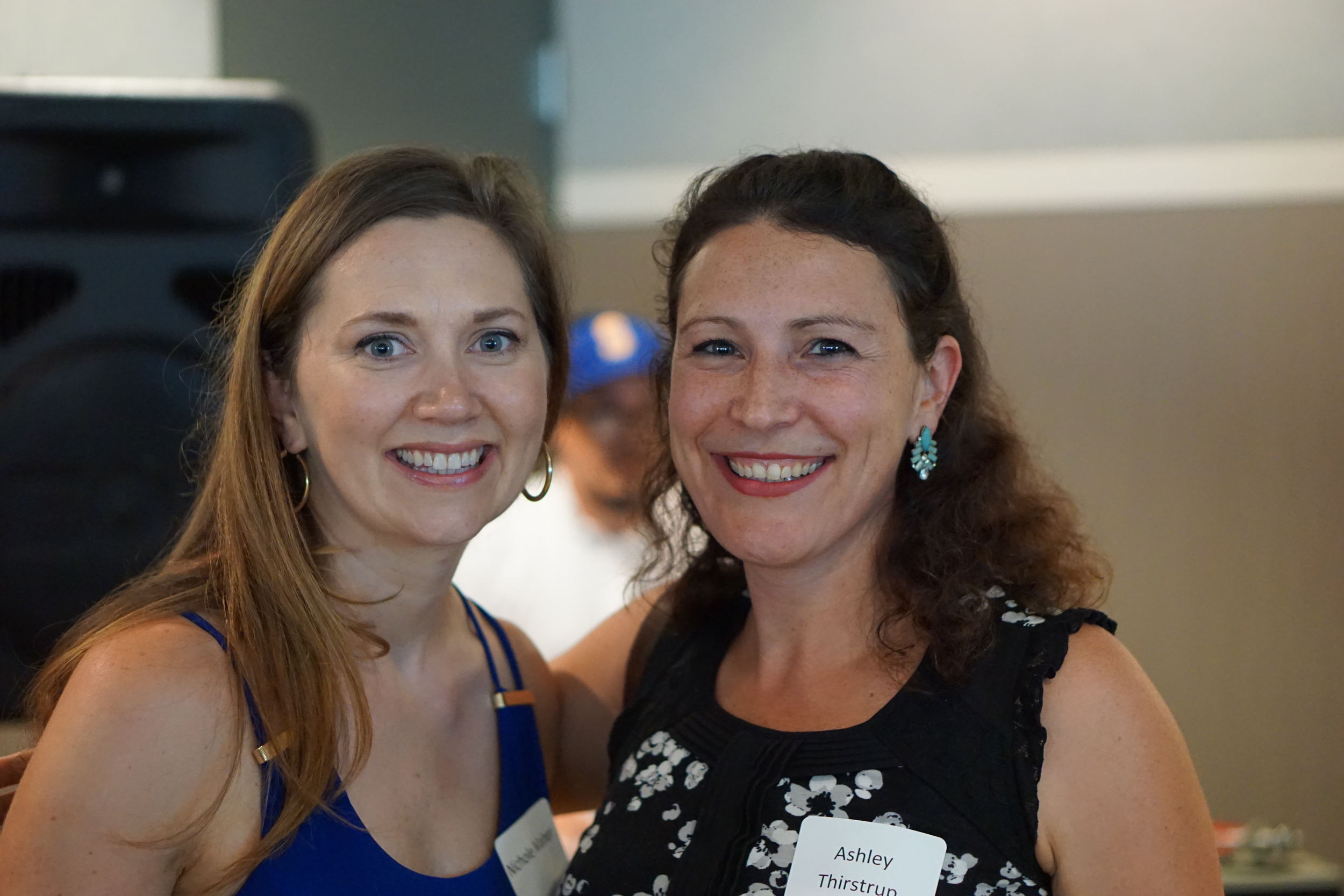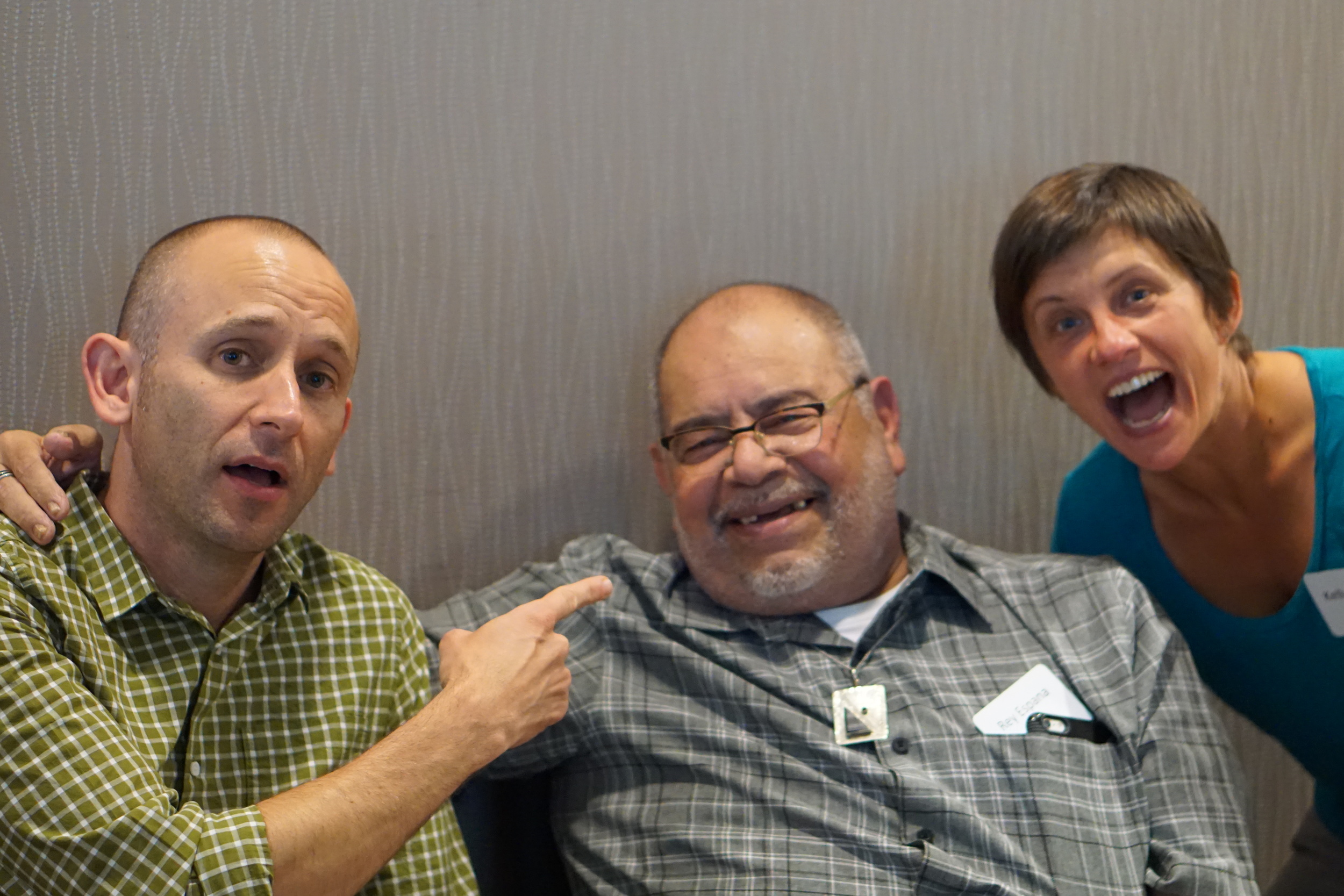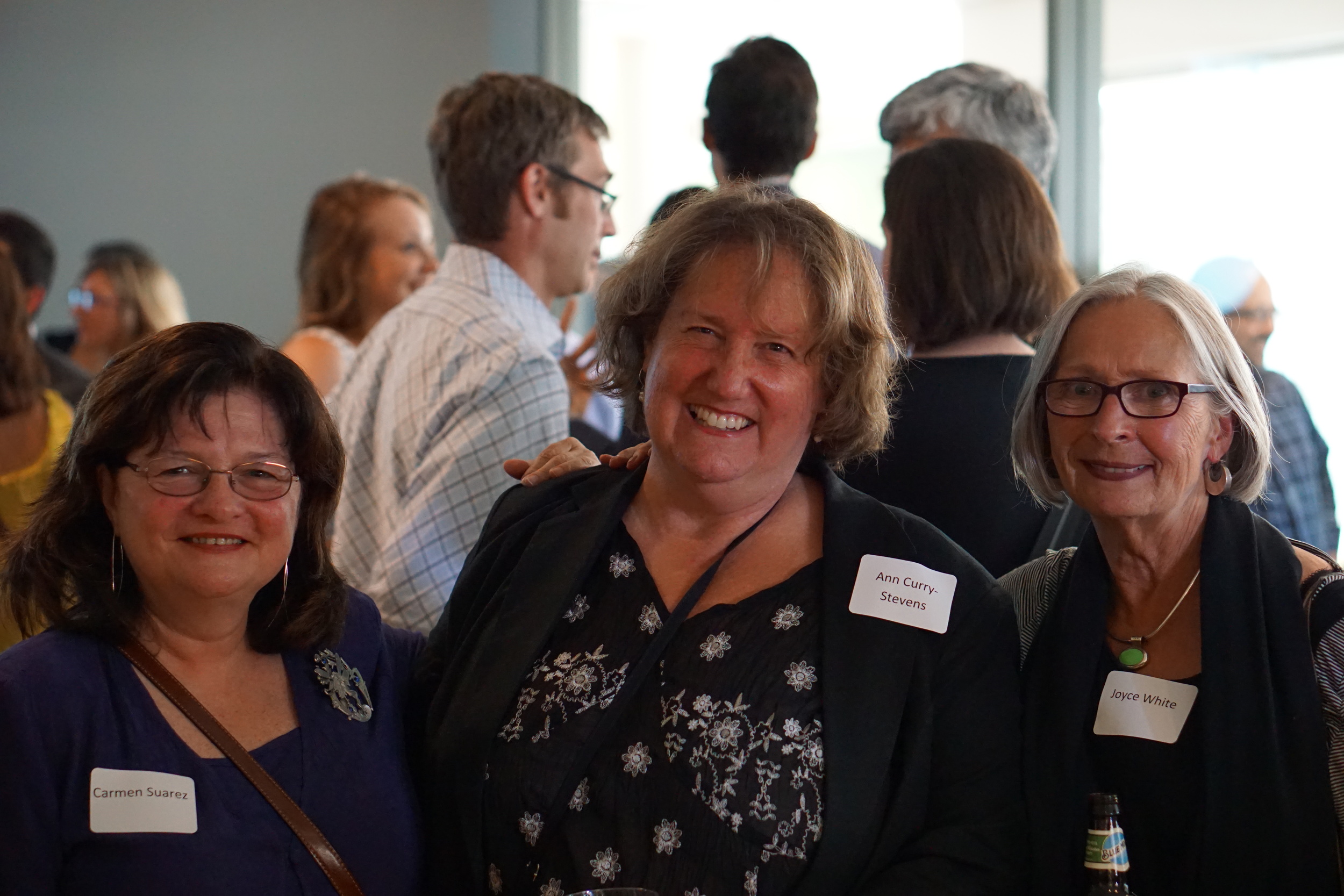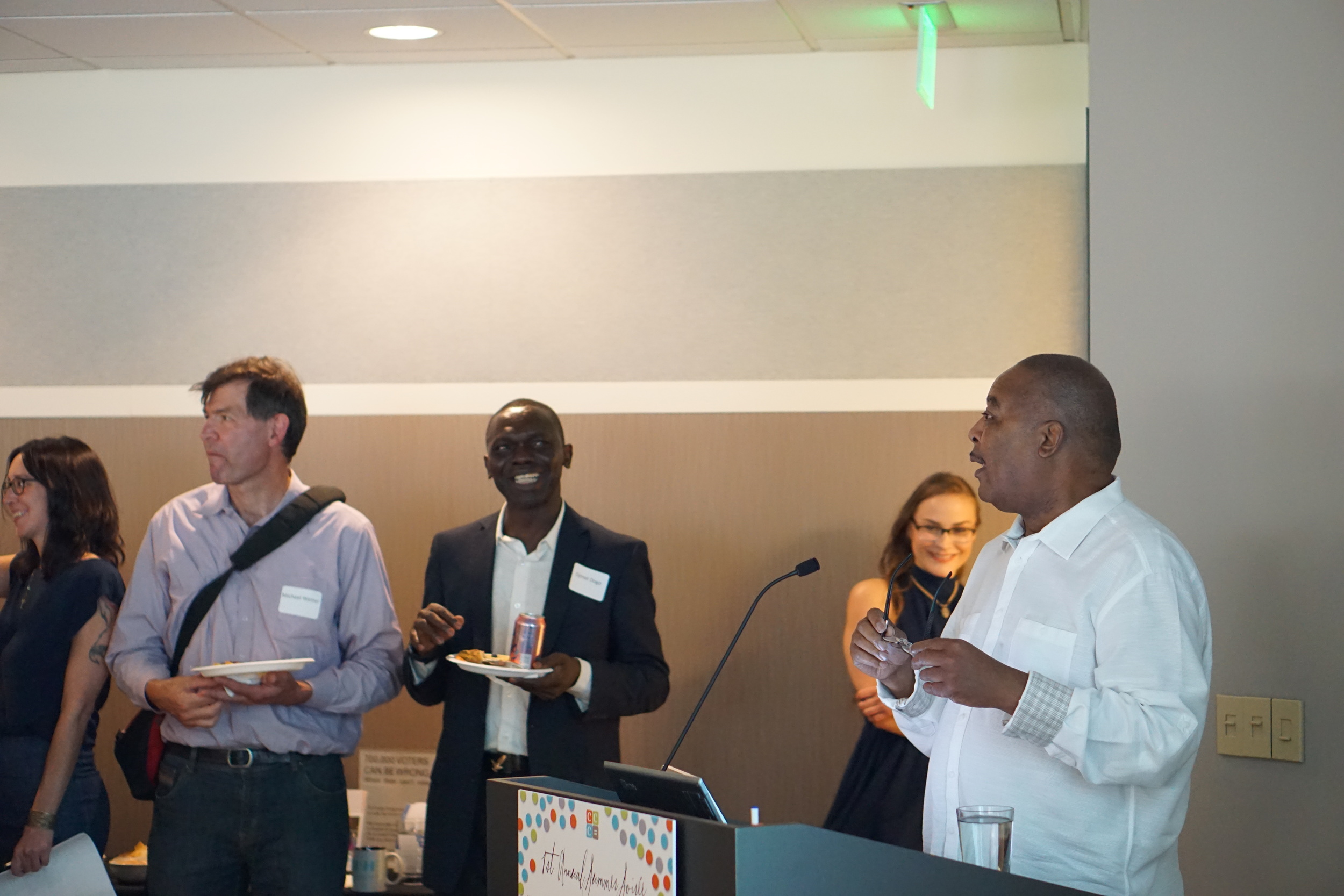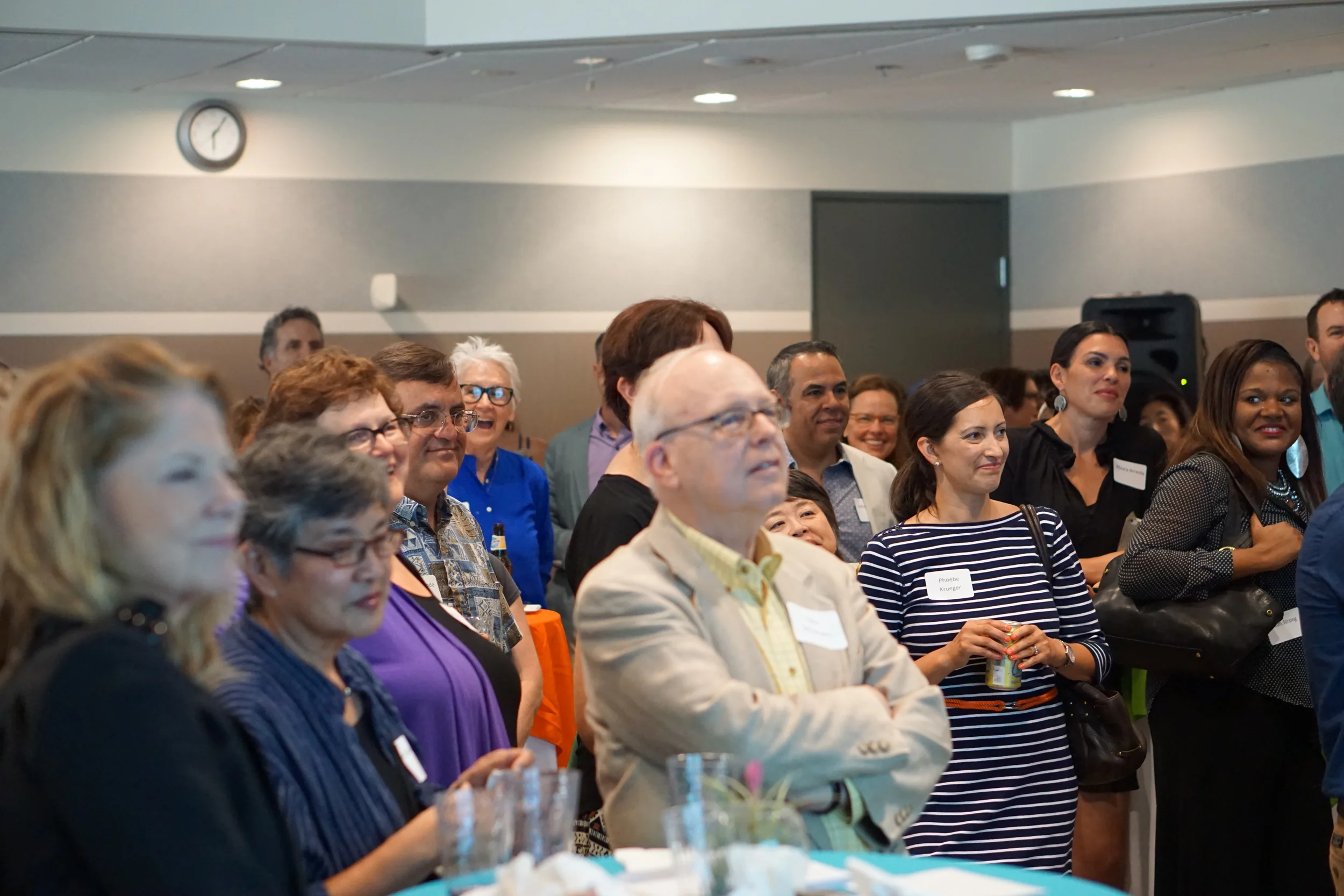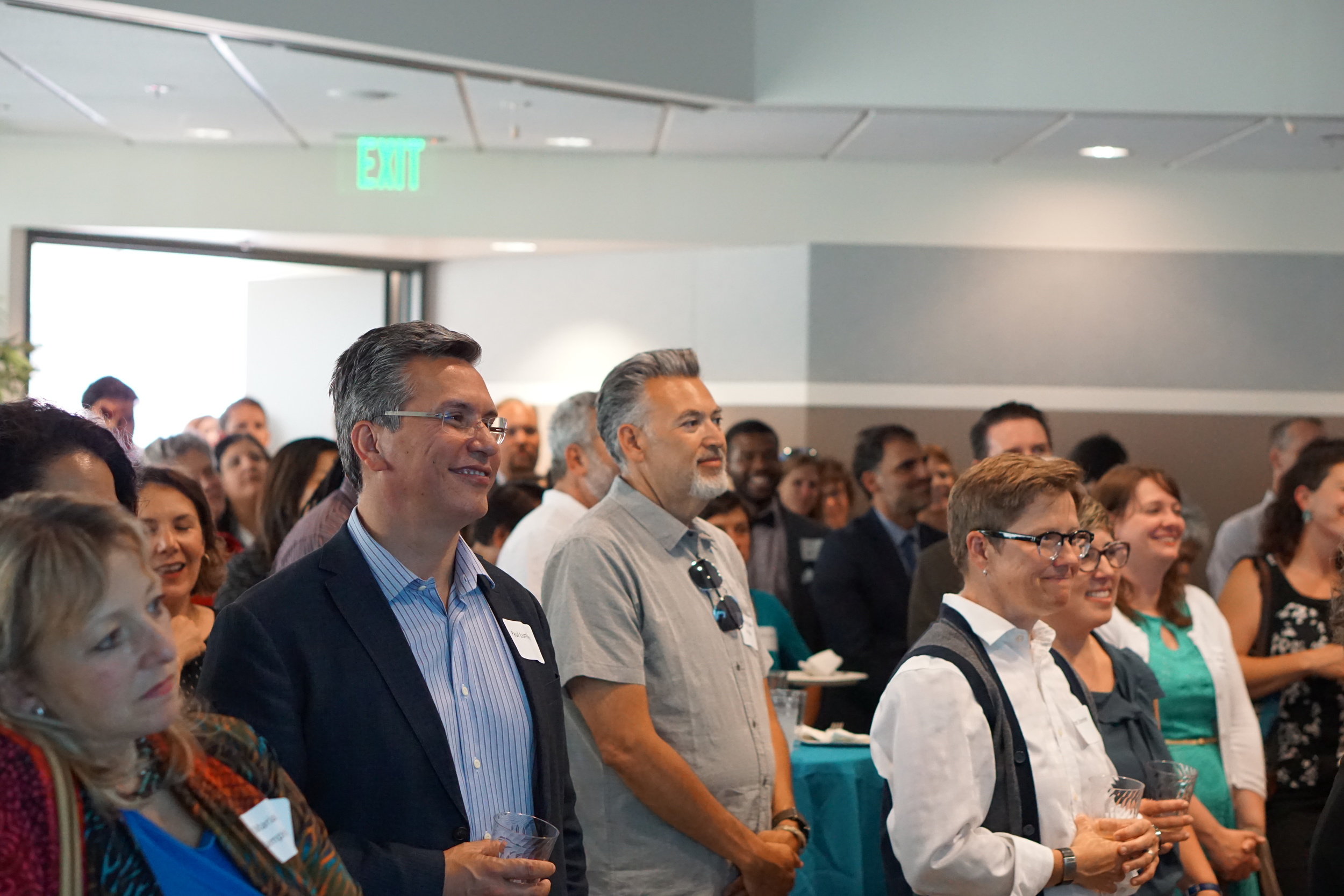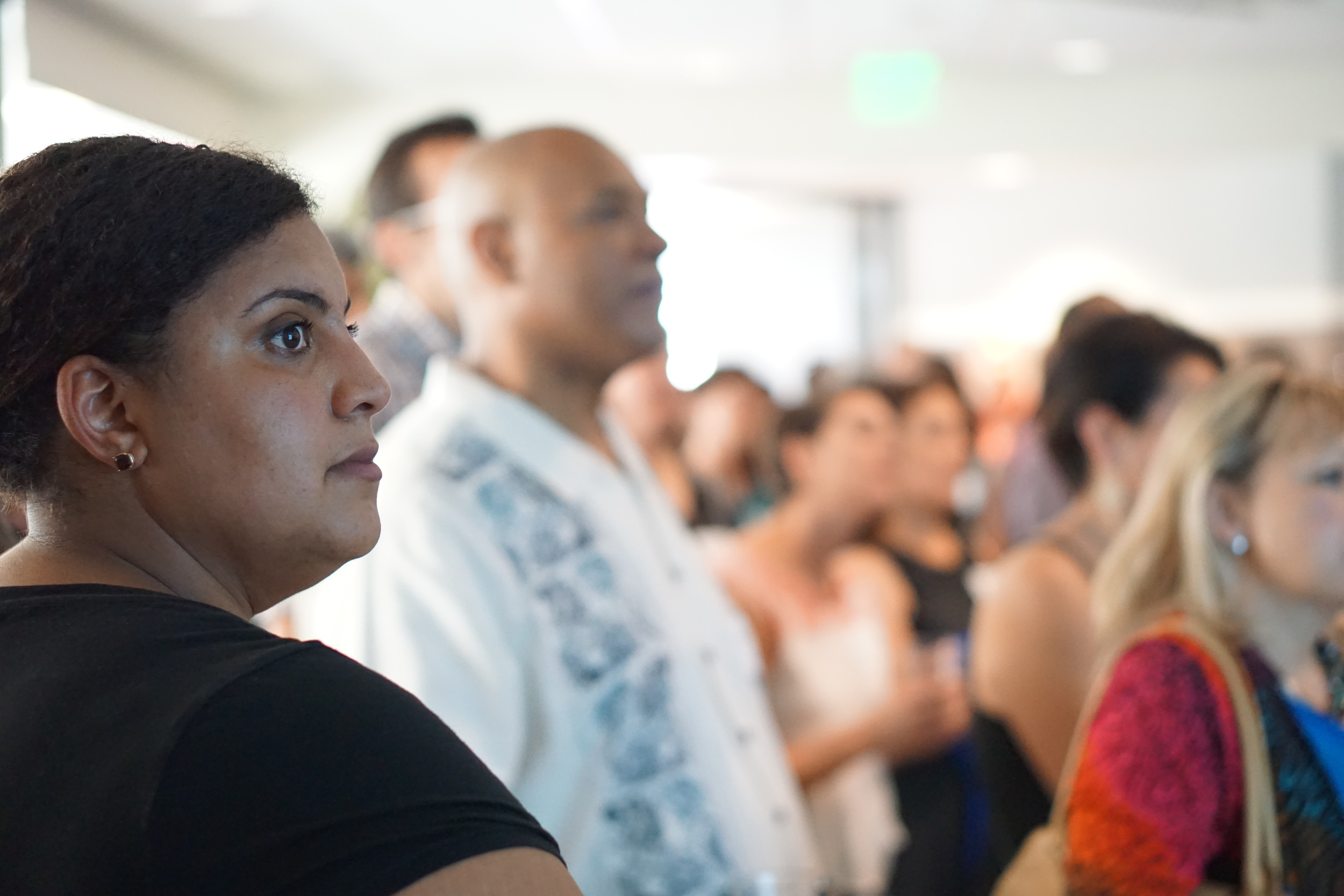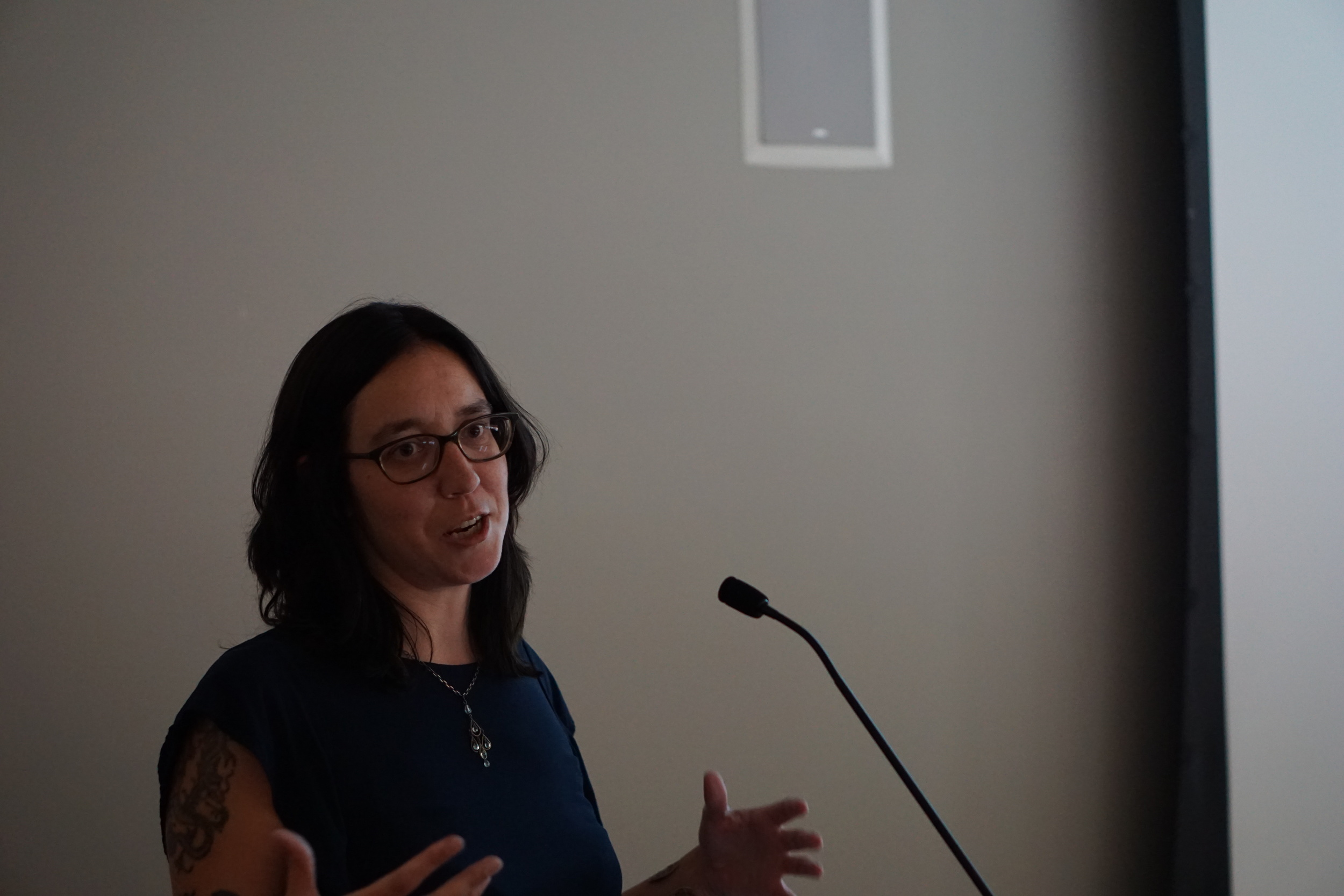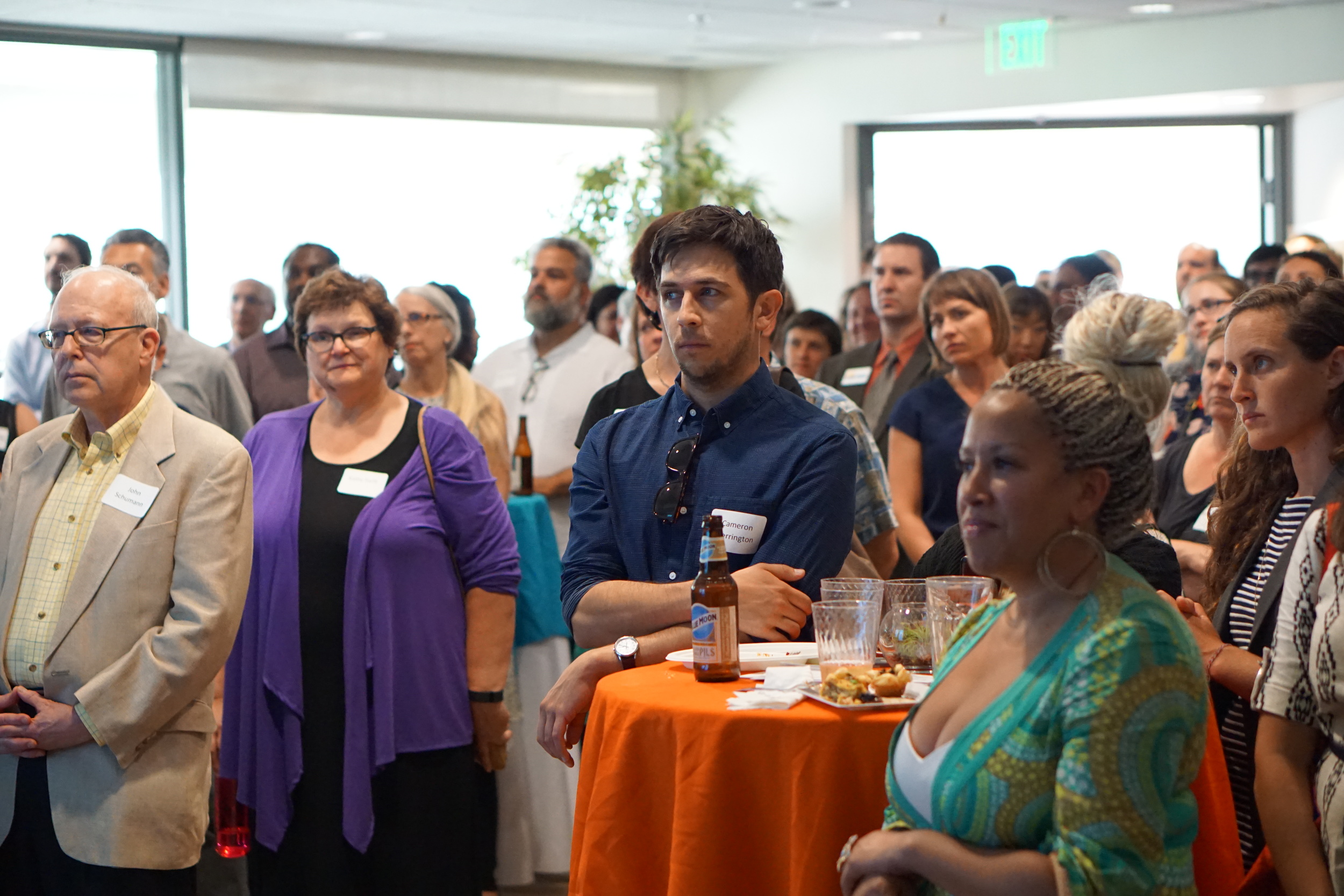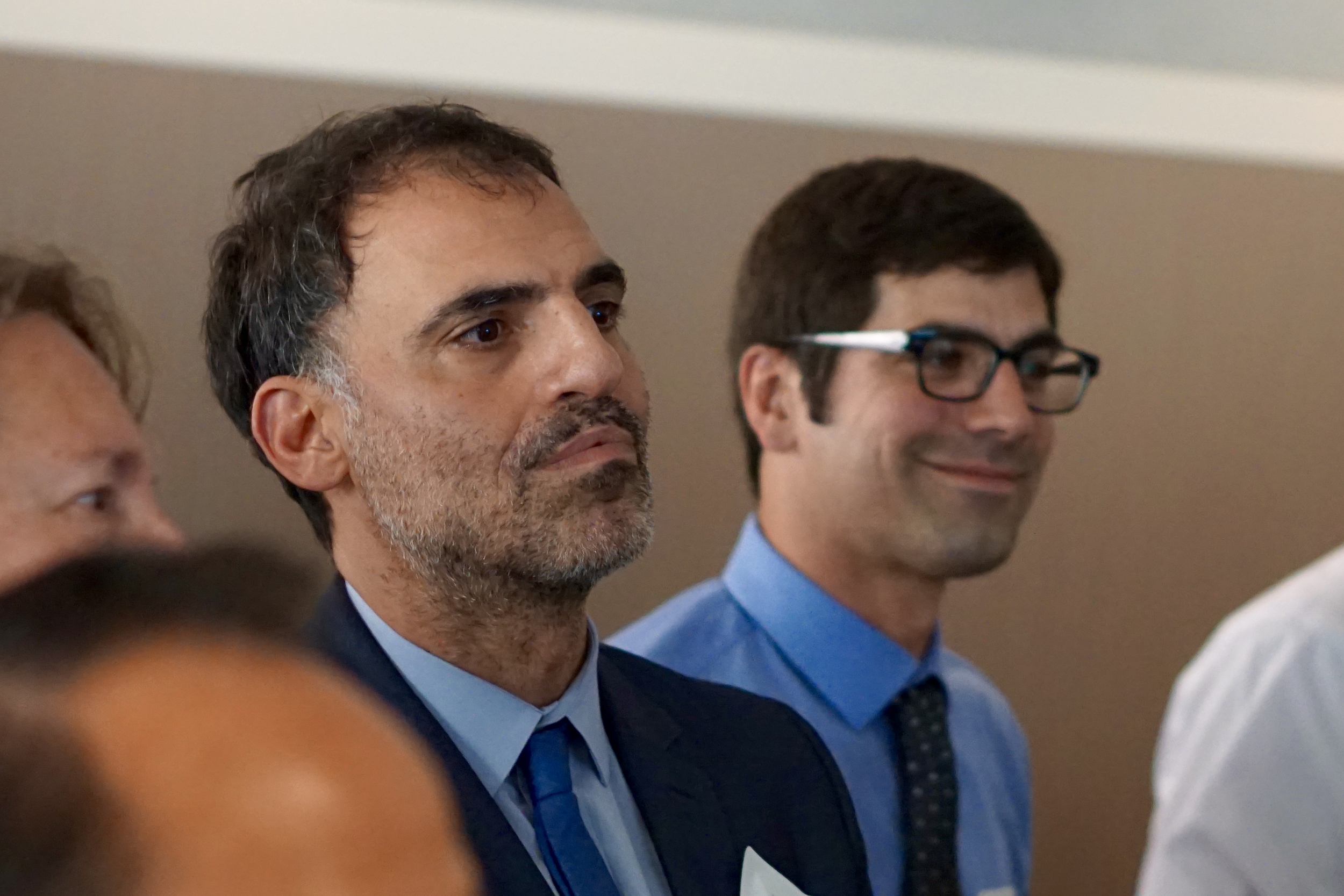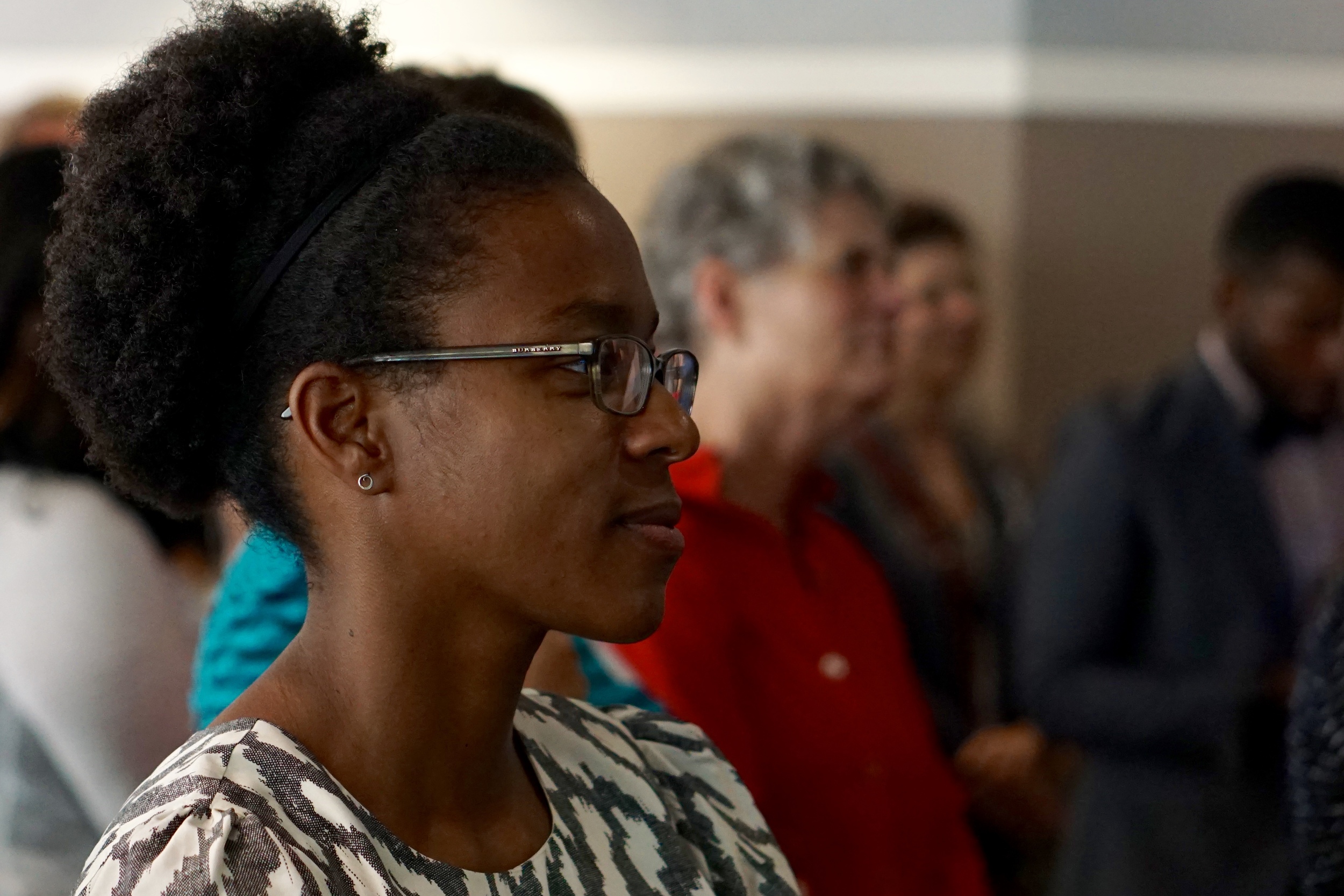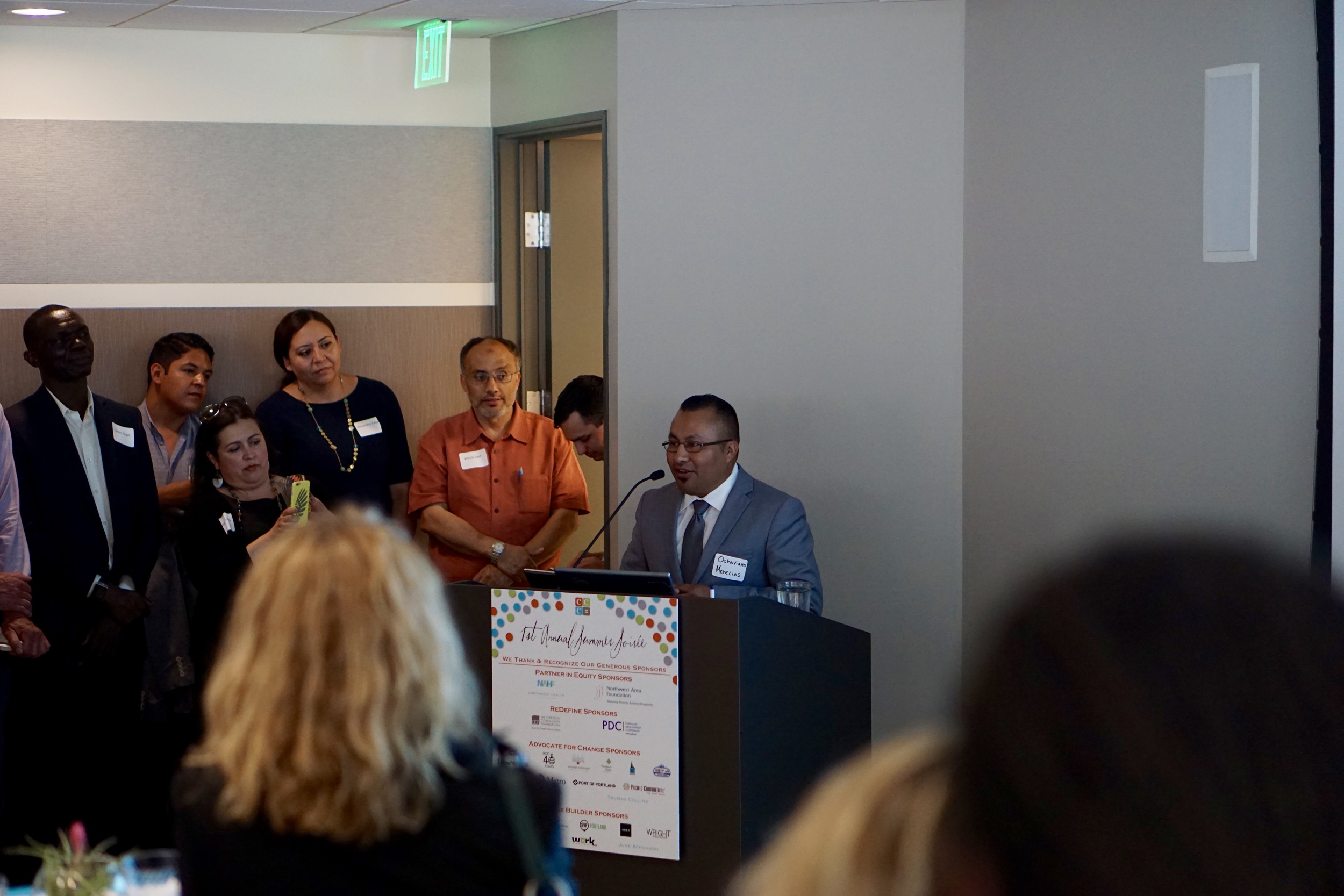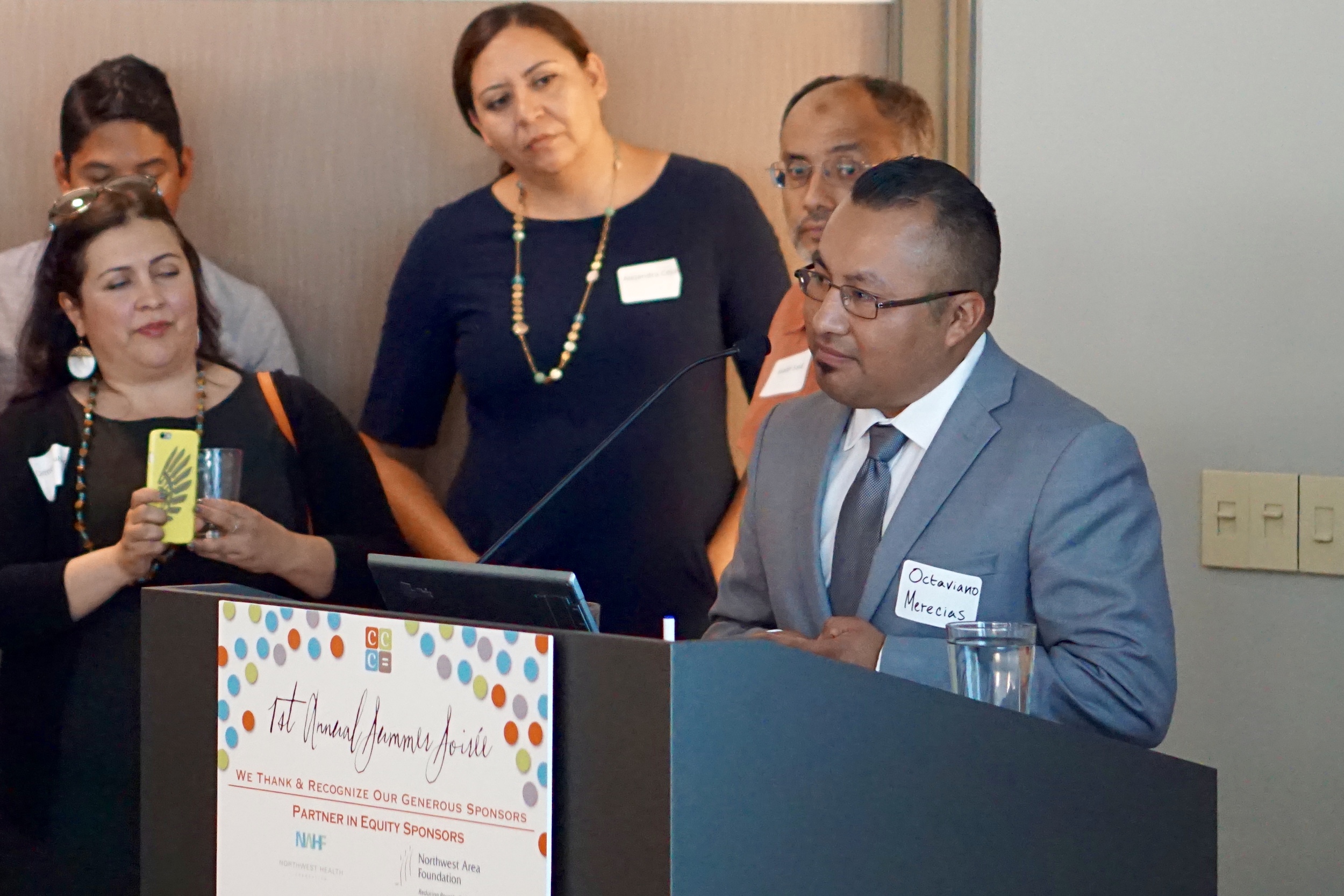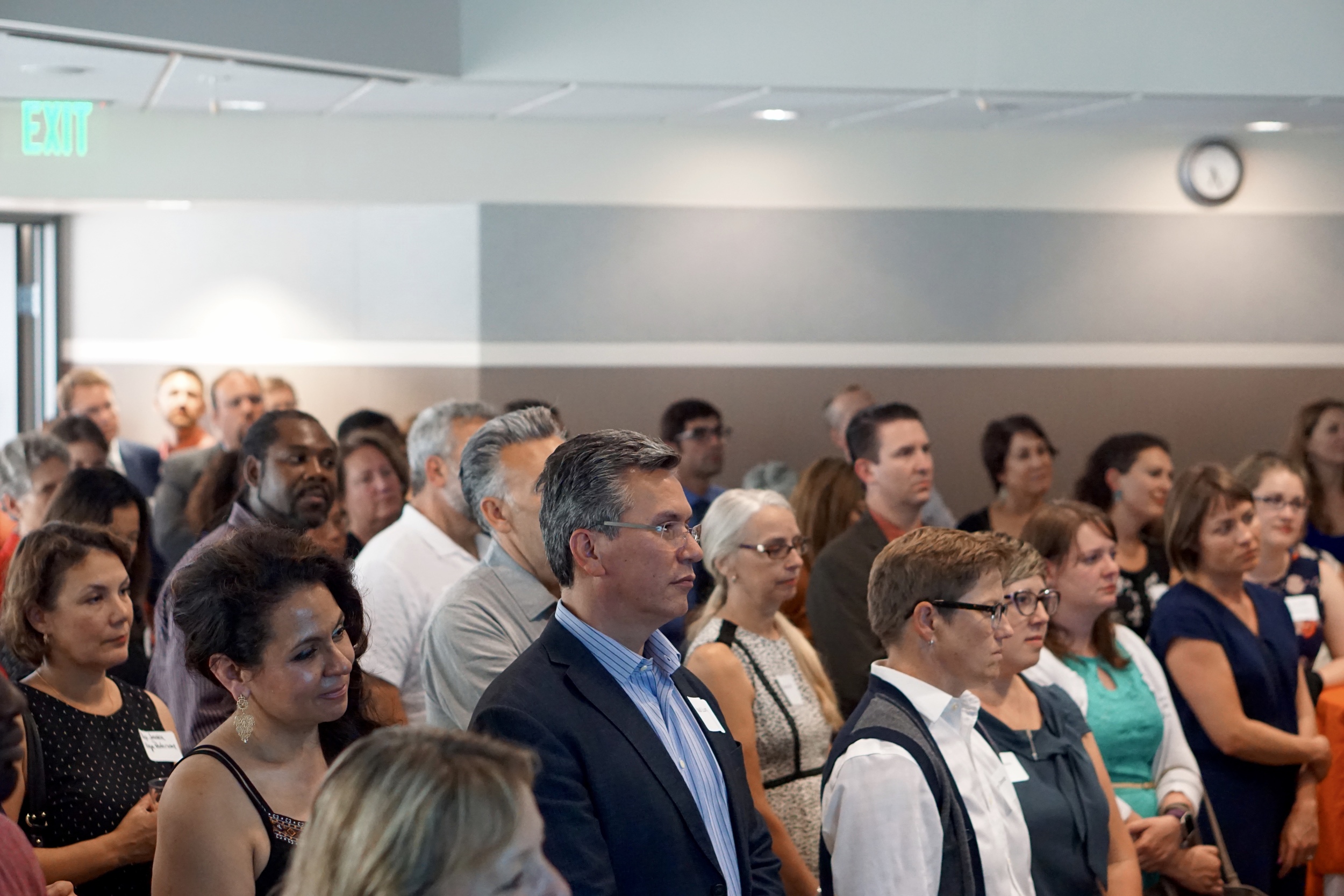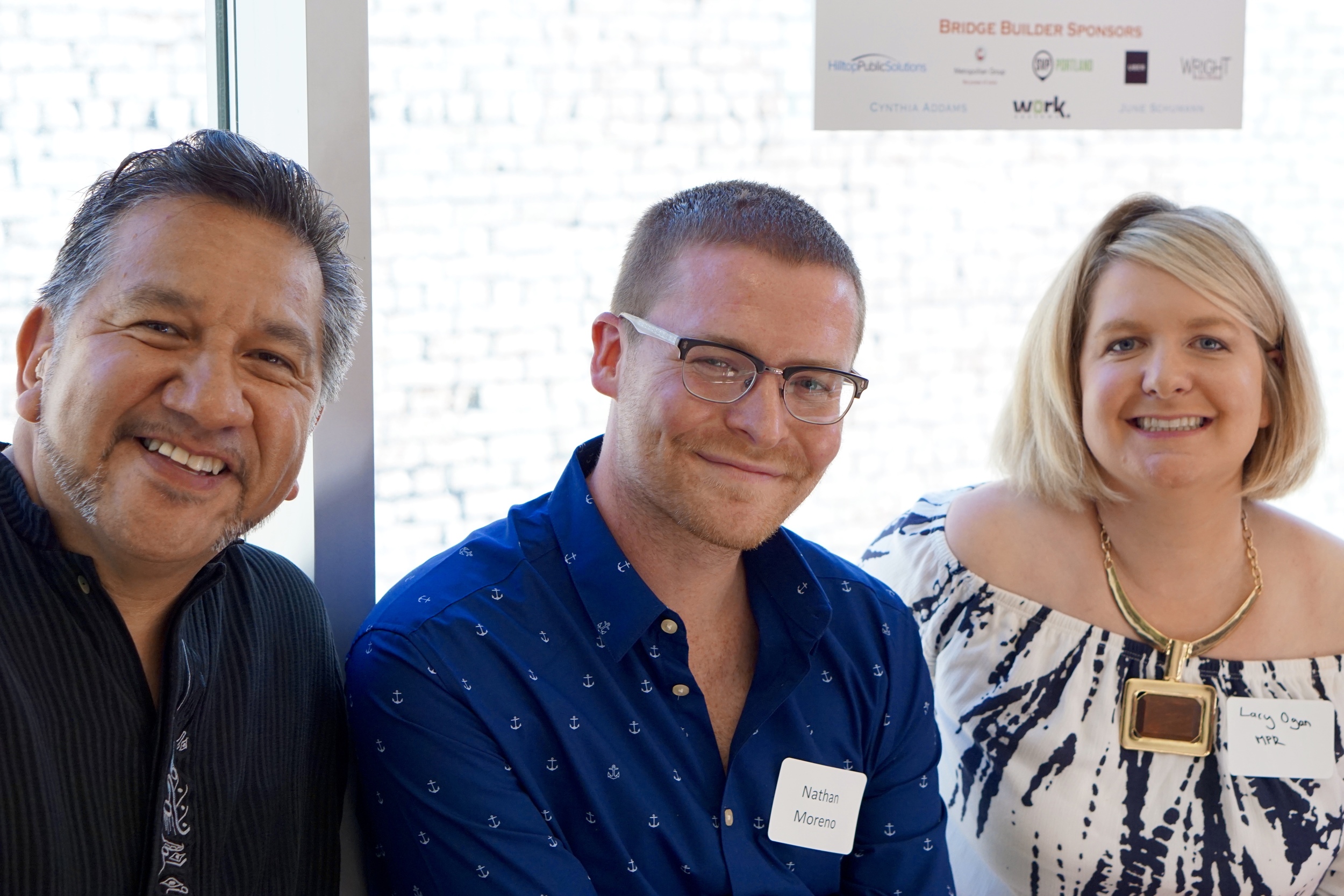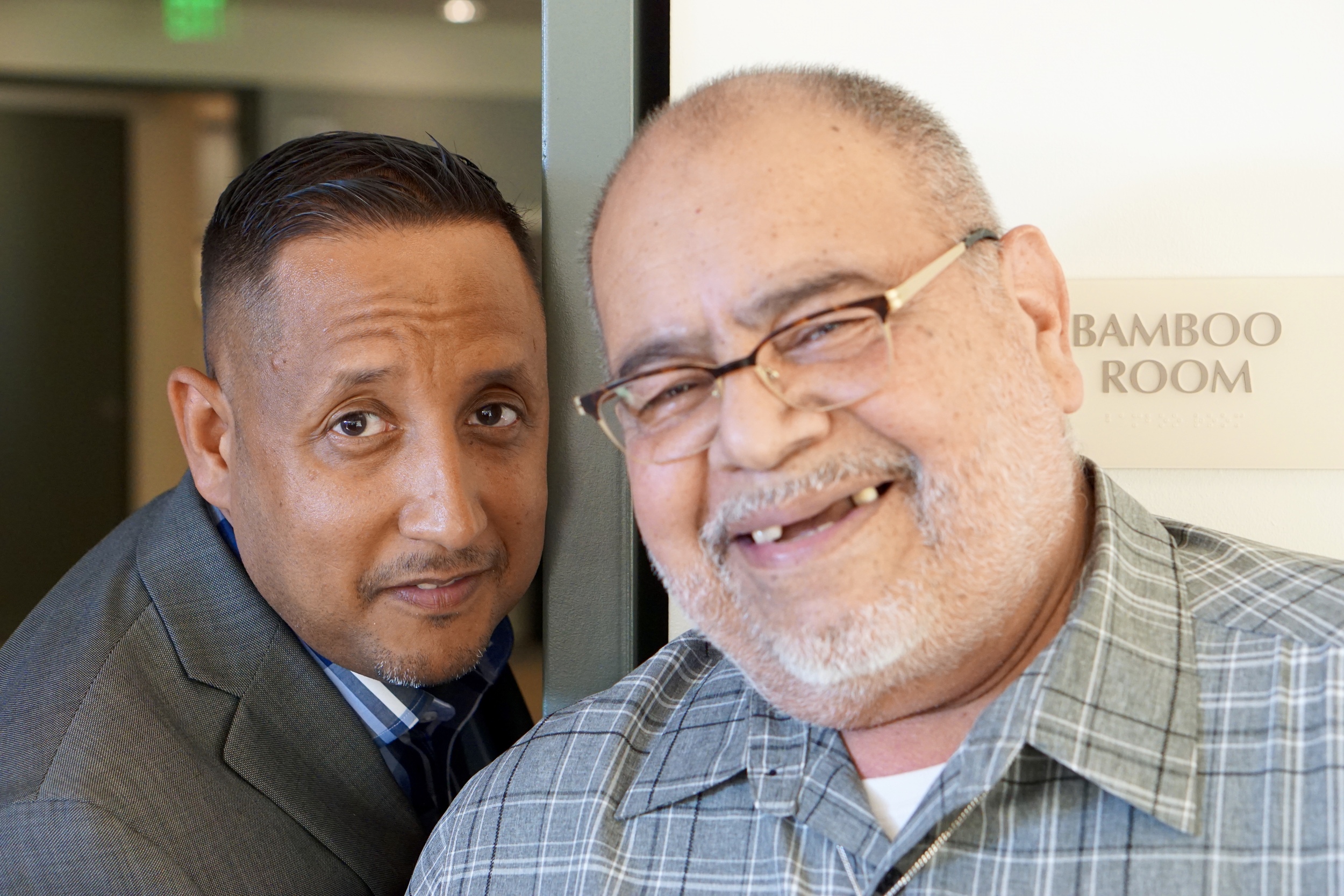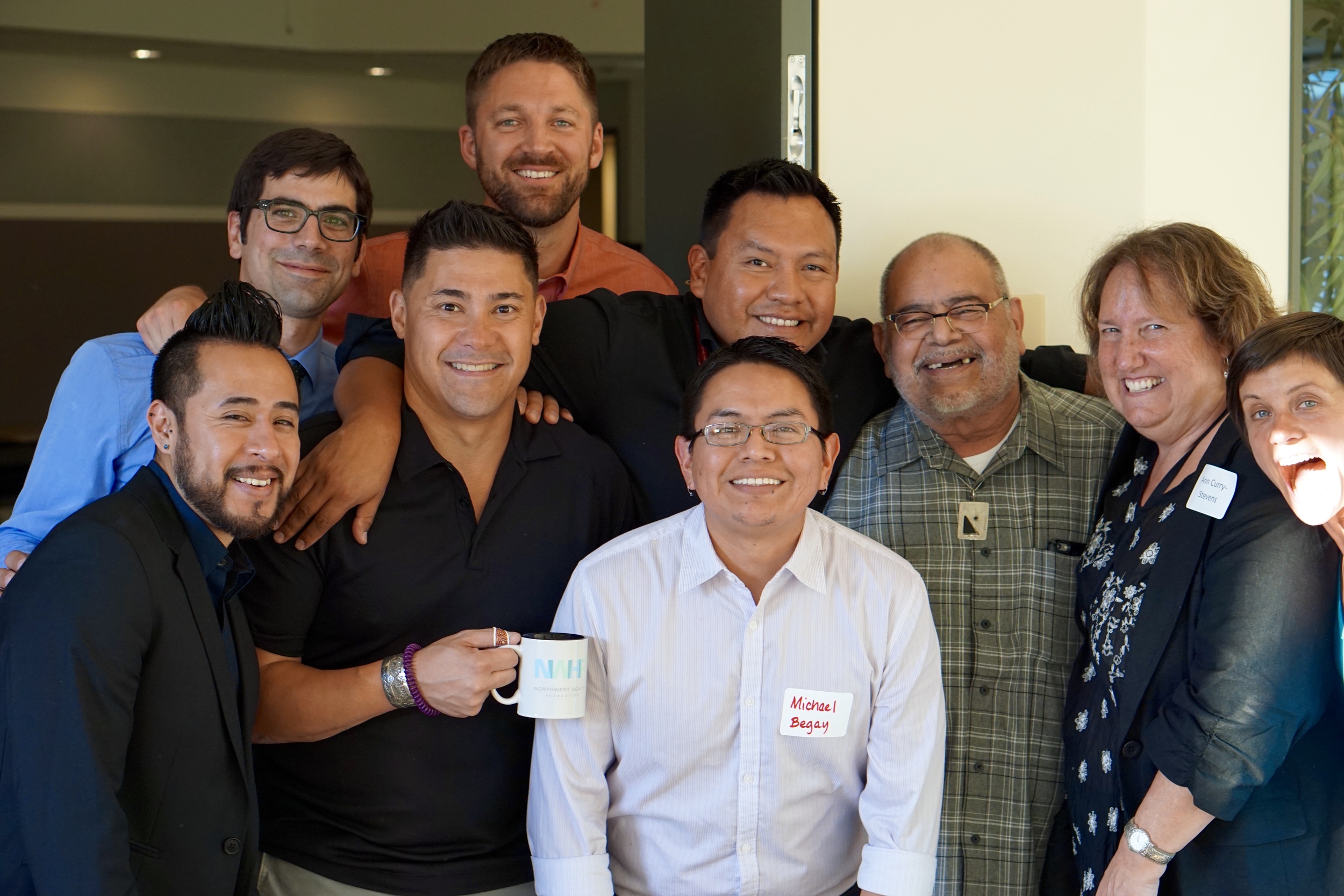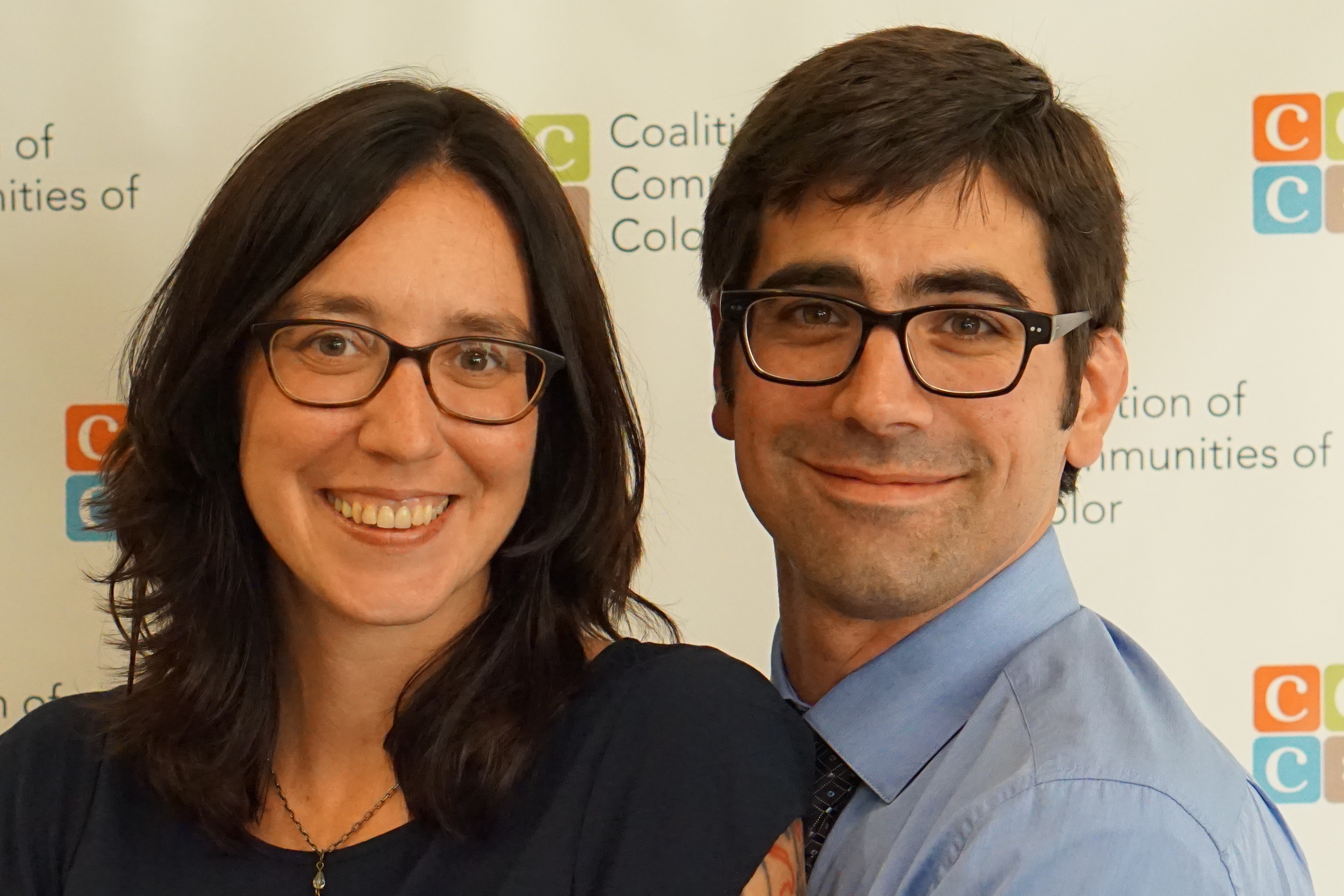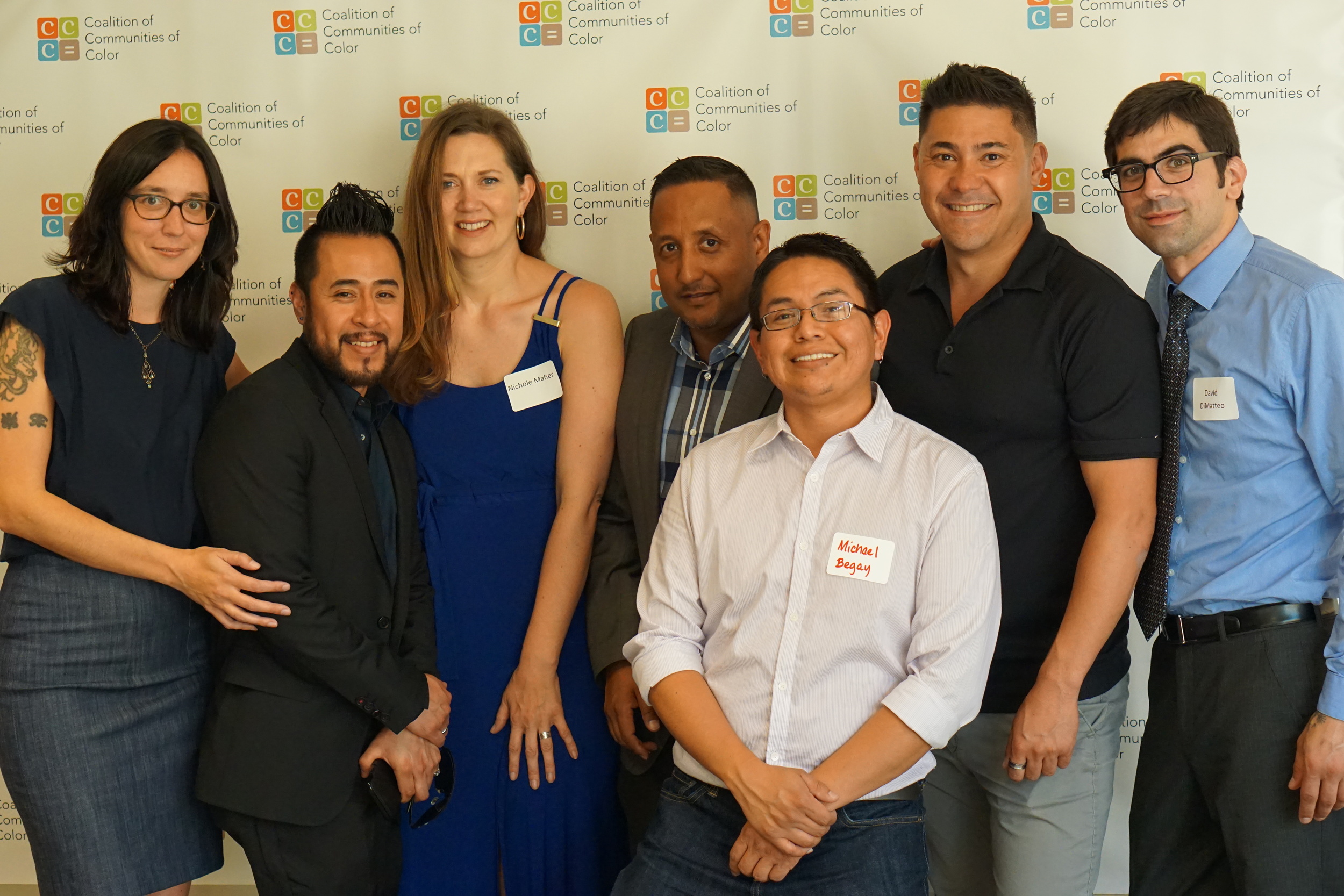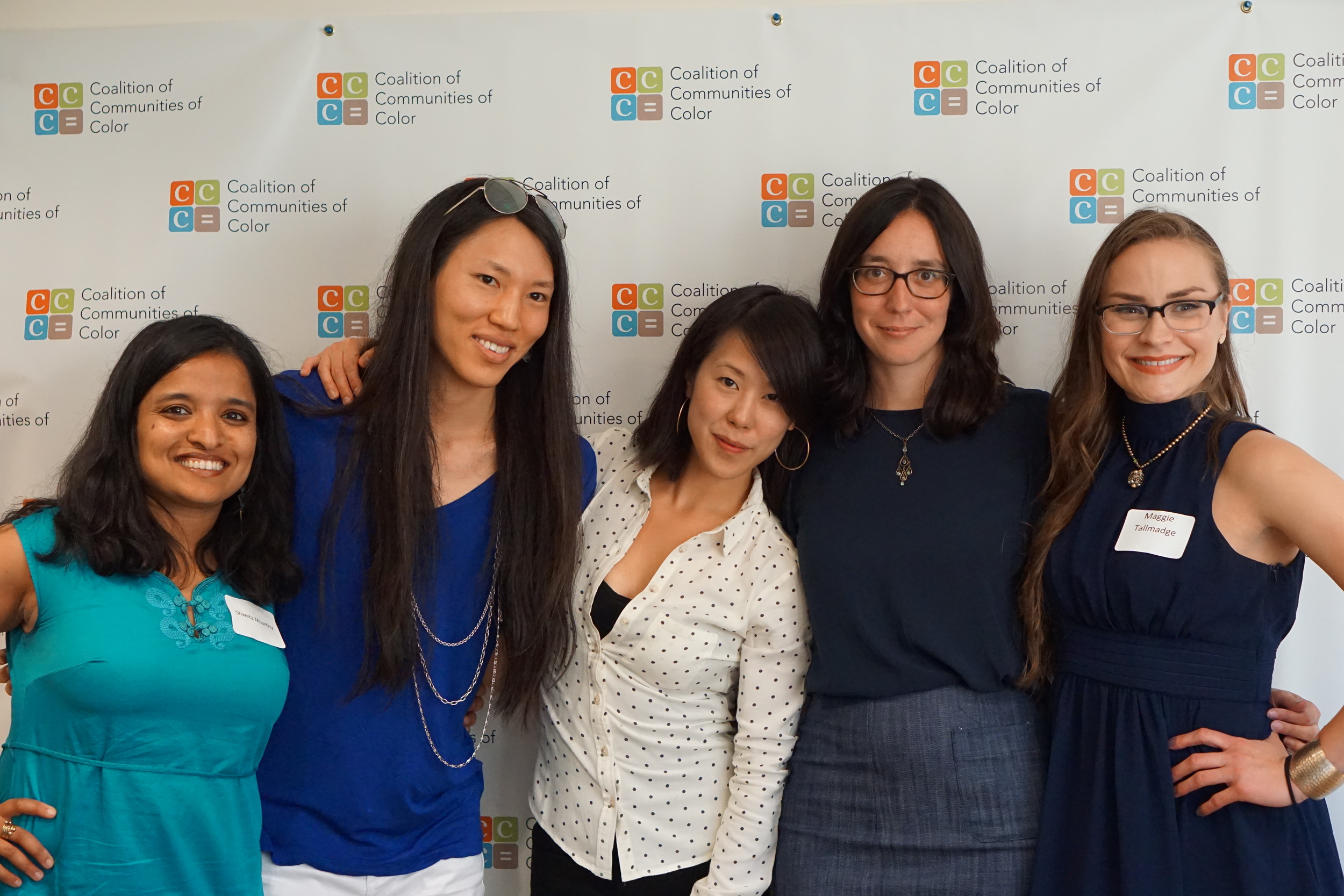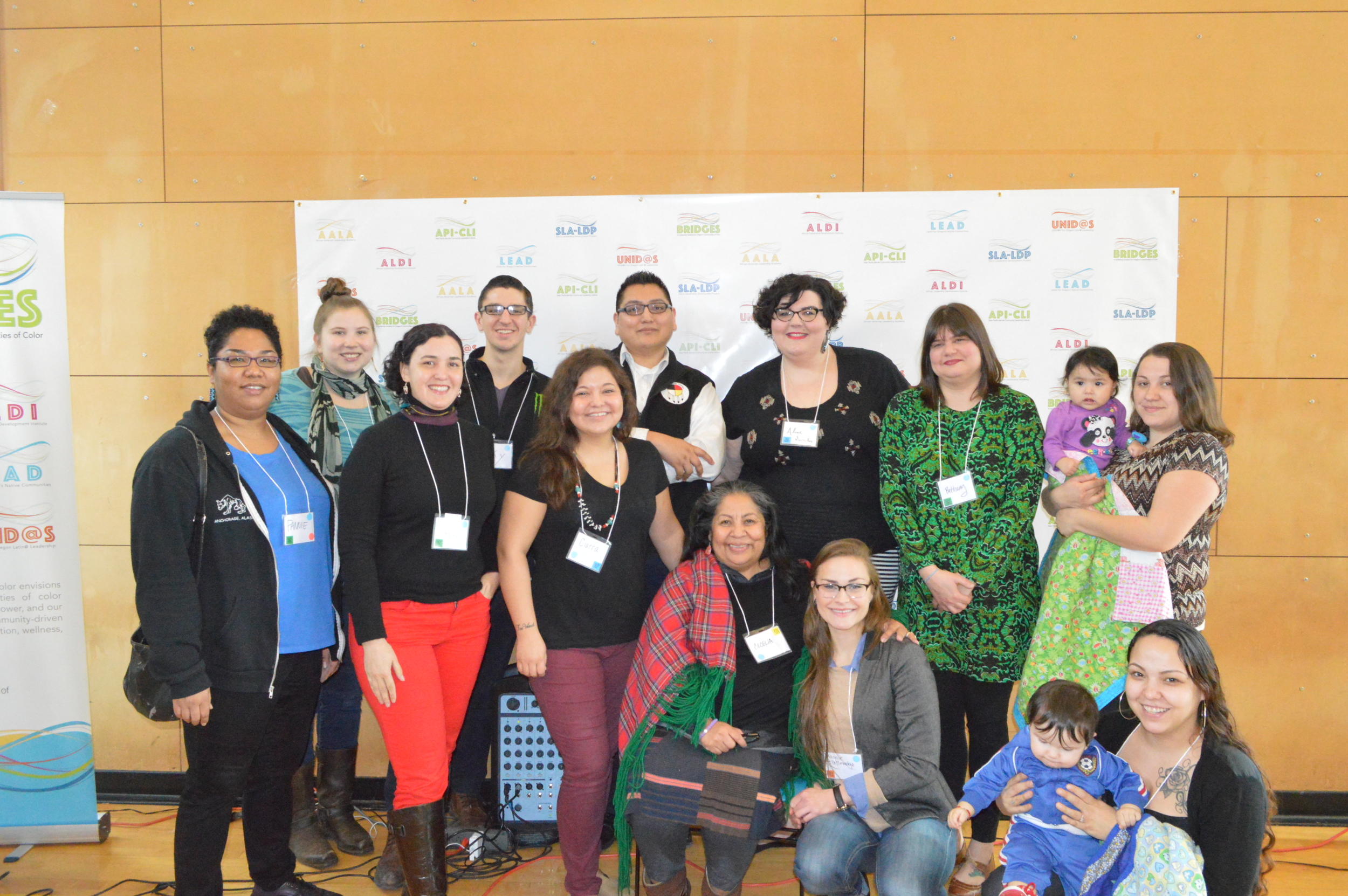Title: EXECUTIVE DIRECTOR
Status: Full-time, exempt
Reports to: Board of Directors
Location: Portland, Oregon
Position Overview
The Coalition of Communities of Color (CCC) seeks a passionate Executive Director to advocate for real change by addressing socioeconomic disparities, institutional racism, and inequity of services experienced by our families, children and communities. The ideal candidate will have experience organizing communities of color and underserved populations for collective action resulting in social change to obtain self-determination, wellness, justice and prosperity.
Formed in 2001, the CCC is an alliance of culturally-specific and pan-immigrant and refugee community-based organizations. The CCC supports a collective racial justice effort through policy analysis and advocacy, culturally-appropriate data and research, and leadership development in communities of color. The Executive Director serves as the chief executive officer of the CCC overseeing all operational and administrative functions. The Executive Director reports to the Board of Directors and works with CCC staff in the daily operations of the CCC.
Responsibilities
The Director’s top priorities are fundraising, organizational and staff development and relationship building with CCC members and partners. The general duties of the Director include, but are not limited to, the following, and will evolve as the CCC continues to grow:
- Ensures ongoing programmatic excellence and consistent quality of finance and administration, fundraising, communications, and systems; recommends timelines and resources needed to achieve the strategic goals;
- Monitors and addresses all matters of organizational climate and culture;
- Manages and facilitates resolution of the sometimes competing demands and occasional conflicts among the various constituencies and member organizations of the nonprofit;
- Aligns multi-issue programs under a singular and focused vision and strategy;
- Ensures effective systems to track scaling progress, and regularly evaluates program components, so as to measure successes that can be effectively communicated to the board, funders, and other constituents;
- Develops, maintains, and supports a strong Board of Directors;
- Works with the Board of Directors in carrying out established policies, reviews those policies and makes recommendations for changes; attends meetings, ensures preparation of reports, maintains records and communicates about any emerging and pertinent internal and external issues that affect the organization;
- Develops a strategic plan with the guidance of the Board and members and with the support of the staff;
- Fosters a collaborative, mission-driven environment that engages, challenges and supports team members in meeting organizational and personal goals;
- Approves all matters regarding employment, retention, and dismissal of personnel;
- Represents the organization to all of its constituents;
- Represents the organization in its relations with business, state, and federal agencies and with local, state, regional, and national organizations;
- Actively participates in and leads the development and implementation of a fundraising plan;
- Identifies, cultivates and secures funding sources including major donors;
- Leads and facilitates professional development, coaching and support of CCC staff;
- Creates and oversees the organization-wide budget of more than $1M to ensure financial stability and growth of the organization, and develops staff capacity to assist in building and managing program budgets;
- Conveys financial information and concepts to the Board and staff;
- Deepens and refines all aspects of communications—from web presence to external relations with the goal of creating a stronger brand;
- Manages all aspects of non-profit compliance with local, state and federal regulations; and
- Uses external presence and relationships to garner new opportunities for the CCC.
Qualifications
- The Director should meet or exceed the following criteria:
- Bachelor’s degree from a regionally accredited institution of higher education;
- Minimum of 5-7 years of progressive leadership experience with manager and/or director level experience, ideally working with and serving communities of color;
- Ability to understand and manage complex political situations and navigate high-stakes competing interests;
- Experience and demonstrated track record of success with fundraising and grant development;
- Experience creating and/or managing budgets of at least $500,000;
- Excellent verbal, written, and digital communication skills; ability to communicate effectively with a wide range of audiences;
- Comfortable with community outreach with an intent to engage in the broader community as the face and ambassador of the organization;
- Demonstrated ability to interact effectively with people from different cultures and experiences; ability to lead and work with cross-cultural environments and occasionally regionally diverse environments including rural communities;
- Ability to develop and build relationships with tribal communities;
- Awareness of differences among vulnerable populations and the disparities faced by communities of color;
- Ability to learn and build on varying cultural and community norms of diverse CCC communities;
- Strong management skills, including managing a team environment and willingness to make difficult disciplinary and personnel decisions;
- Ability to communicate effectively with different constituents;
- Clarity of values that are critical to organizational culture, along with the ability to communicate those values to the organizational community; and
- Willingness to work a flexible schedule to meet the needs of the organization, including evenings and weekends.
COMPENSATION
Starting salary is $75,000-$95,000 depending on experience. Paid time off is based on tenure with the organization and is generously accrued. We also provide medical, dental and vision insurance, a Flexible Spending Account, and Life Insurance. Employees may enroll in a 401k retirement plan with employer contribution after one year of employment. We provide an $80/month transportation stipend and a cellphone stipend.
TO APPLY
Please send a cover letter and resume via email to hr@coalitioncommunitiescolor.org. No phone calls, please. In order to ensure full consideration, please submit application materials by Tuesday, April 18, at 12:00pm. All applicants will be notified once a hiring decision has been made. In order to ensure a timely hiring process, please hold the following times for potential phone and/or in-person interviews: the afternoons of April 21, 25, 26, May 2, and May 5. We anticipate a June 2017 start date.









